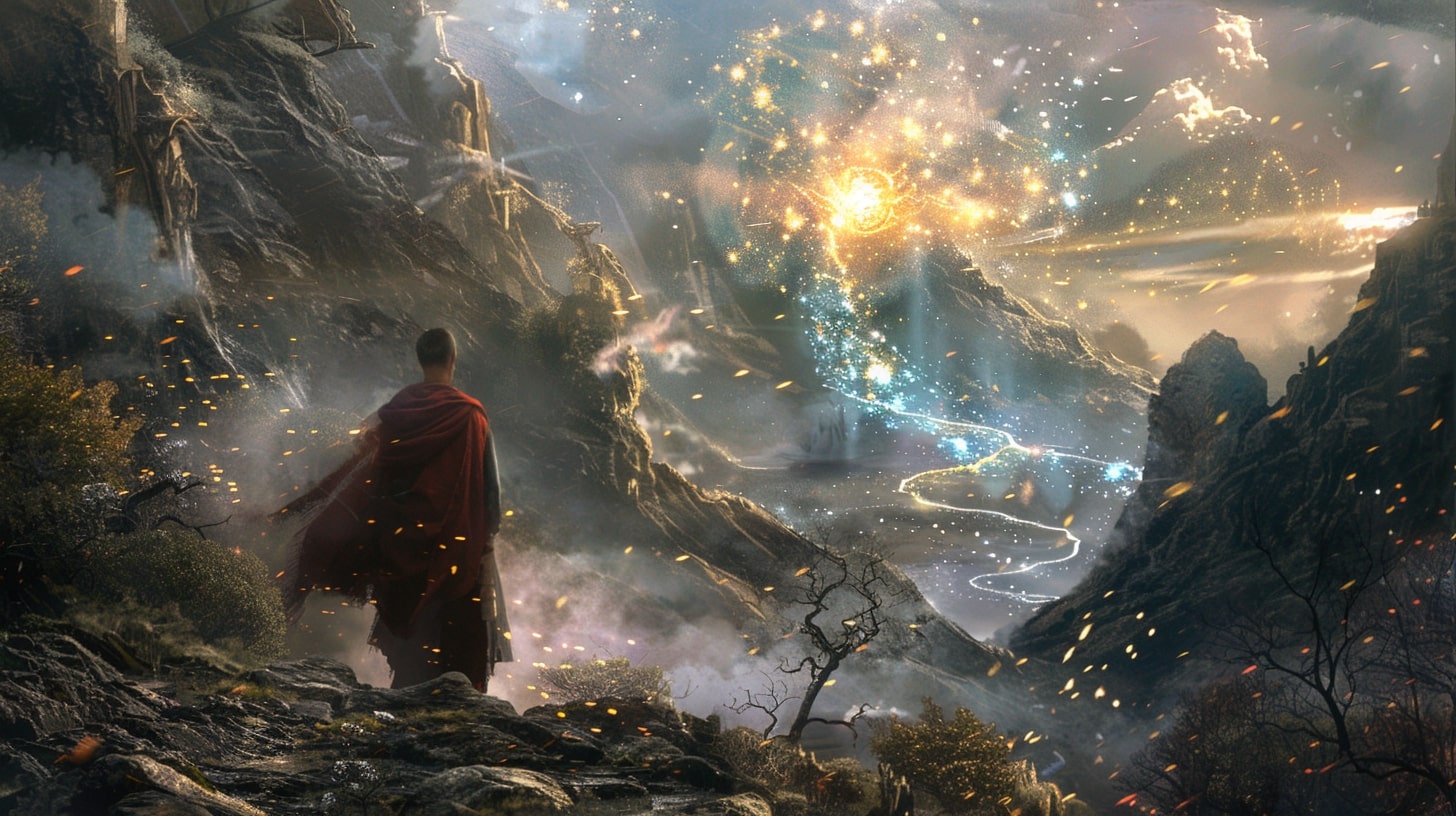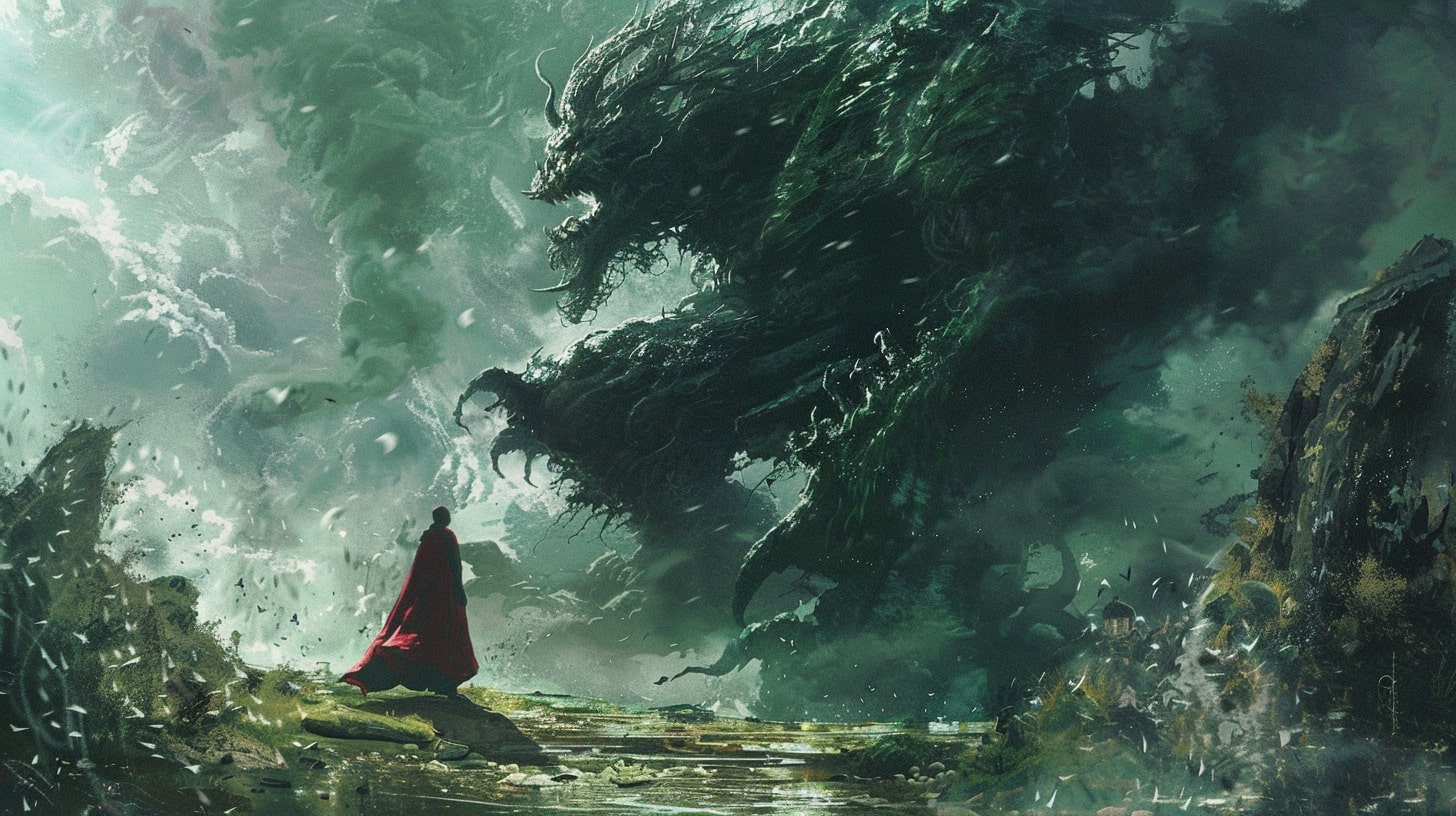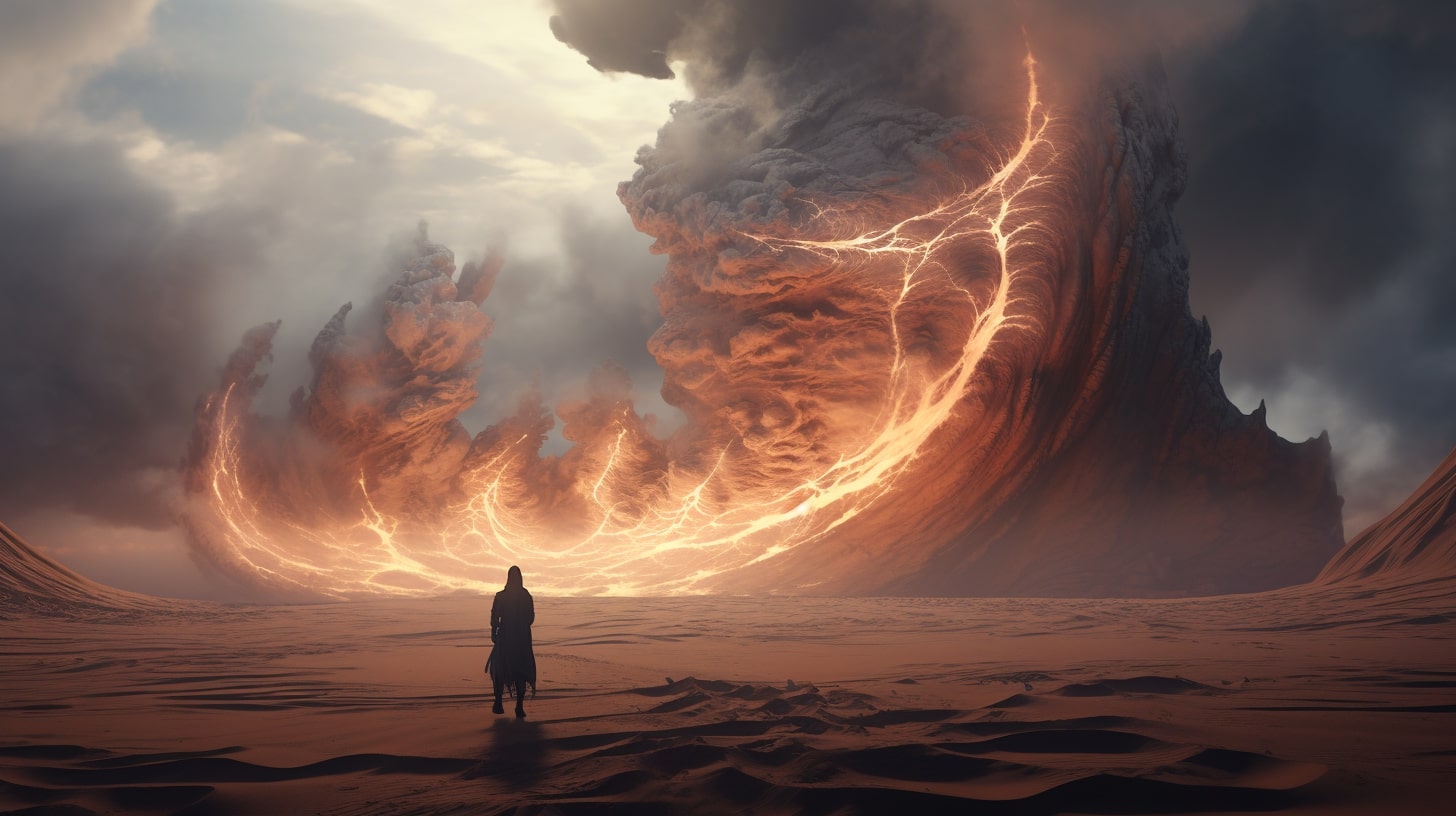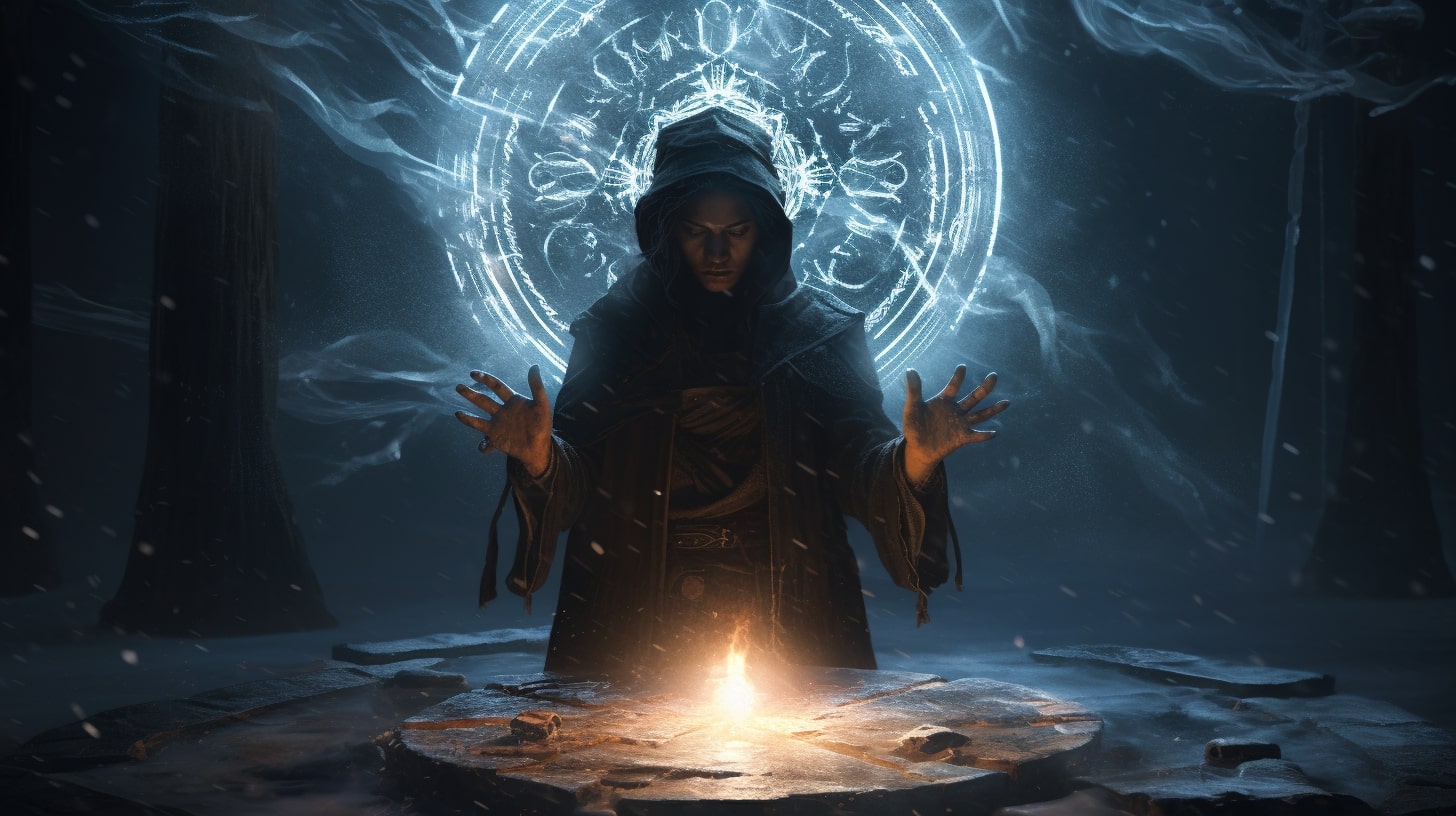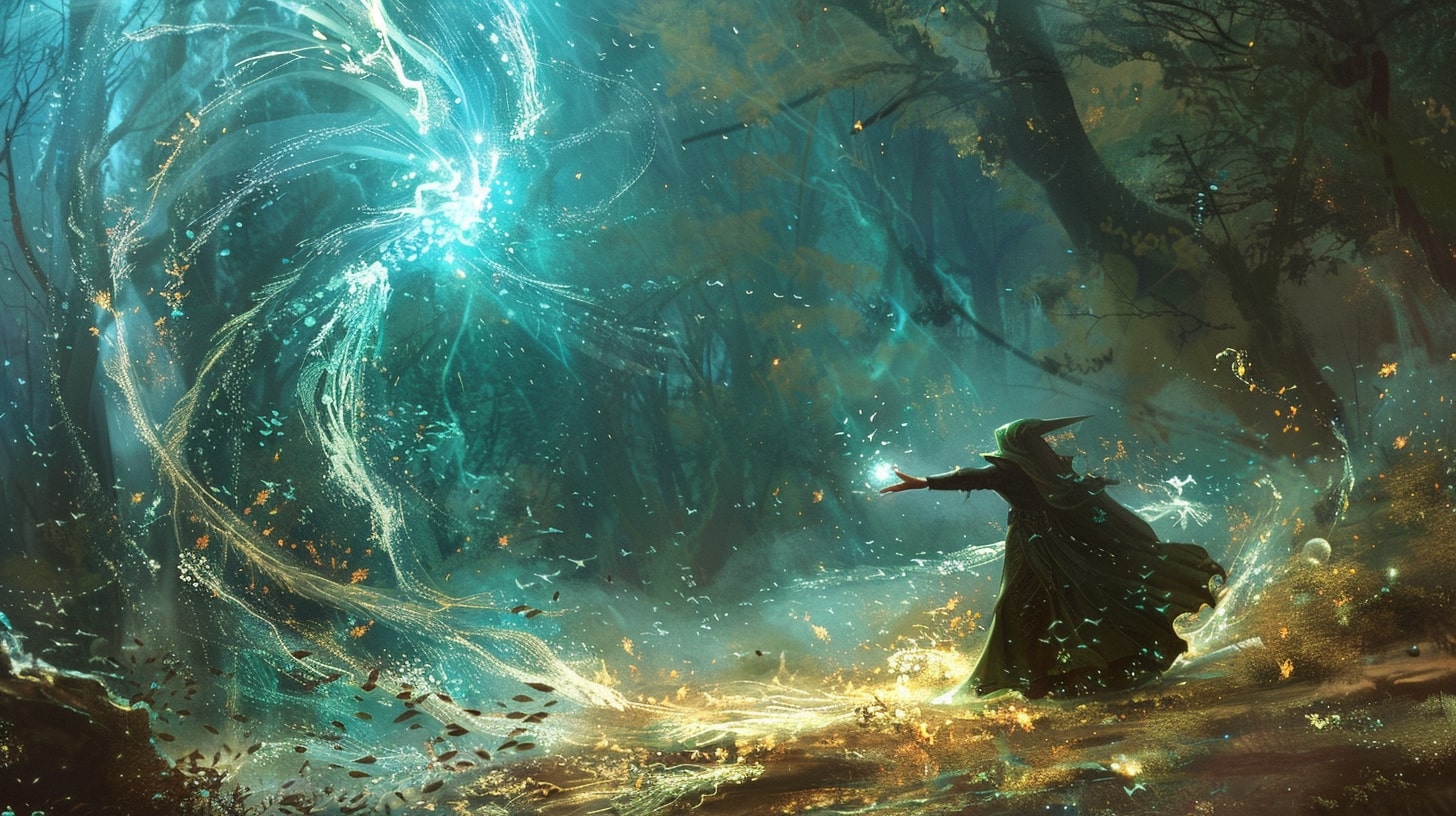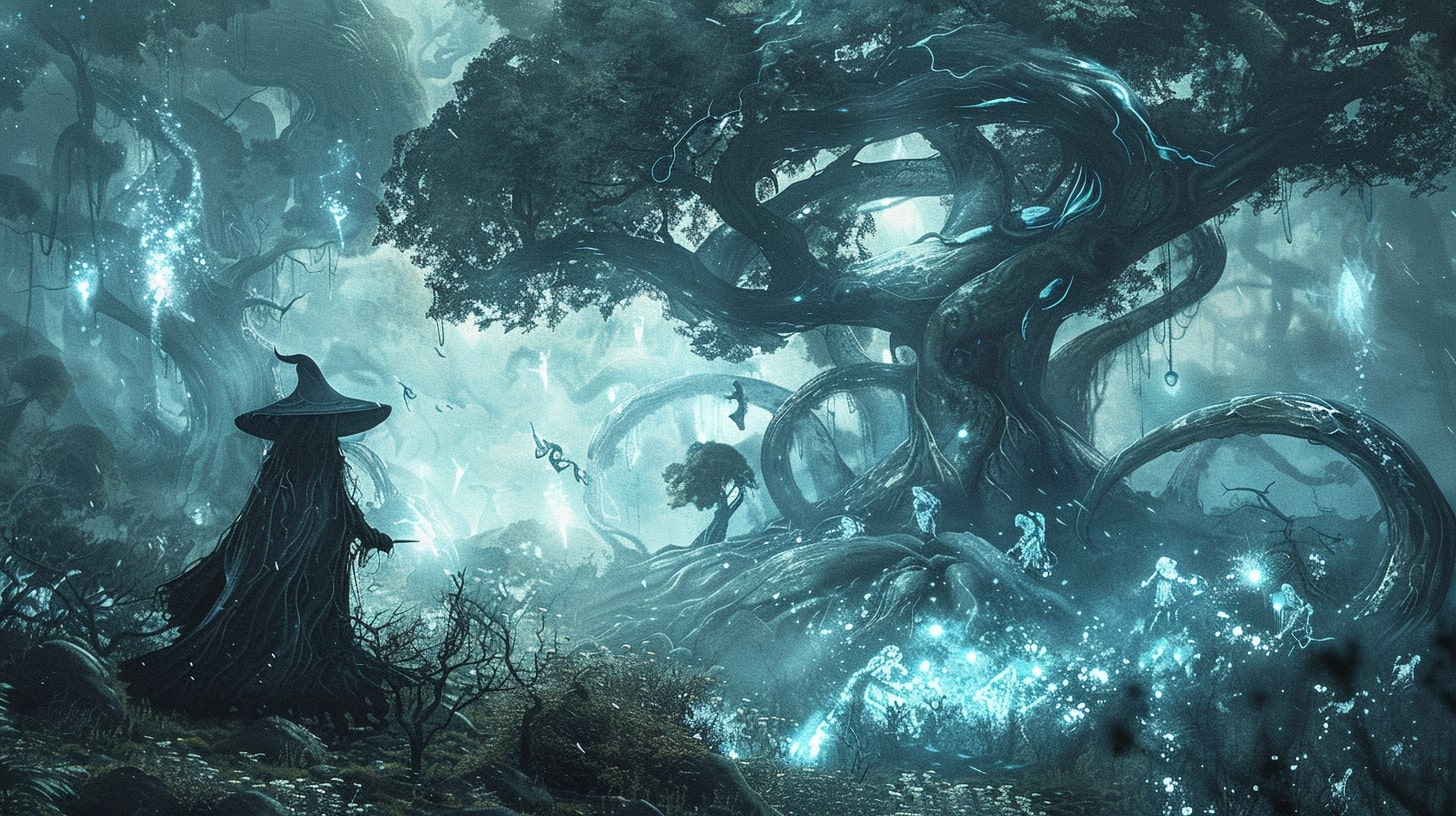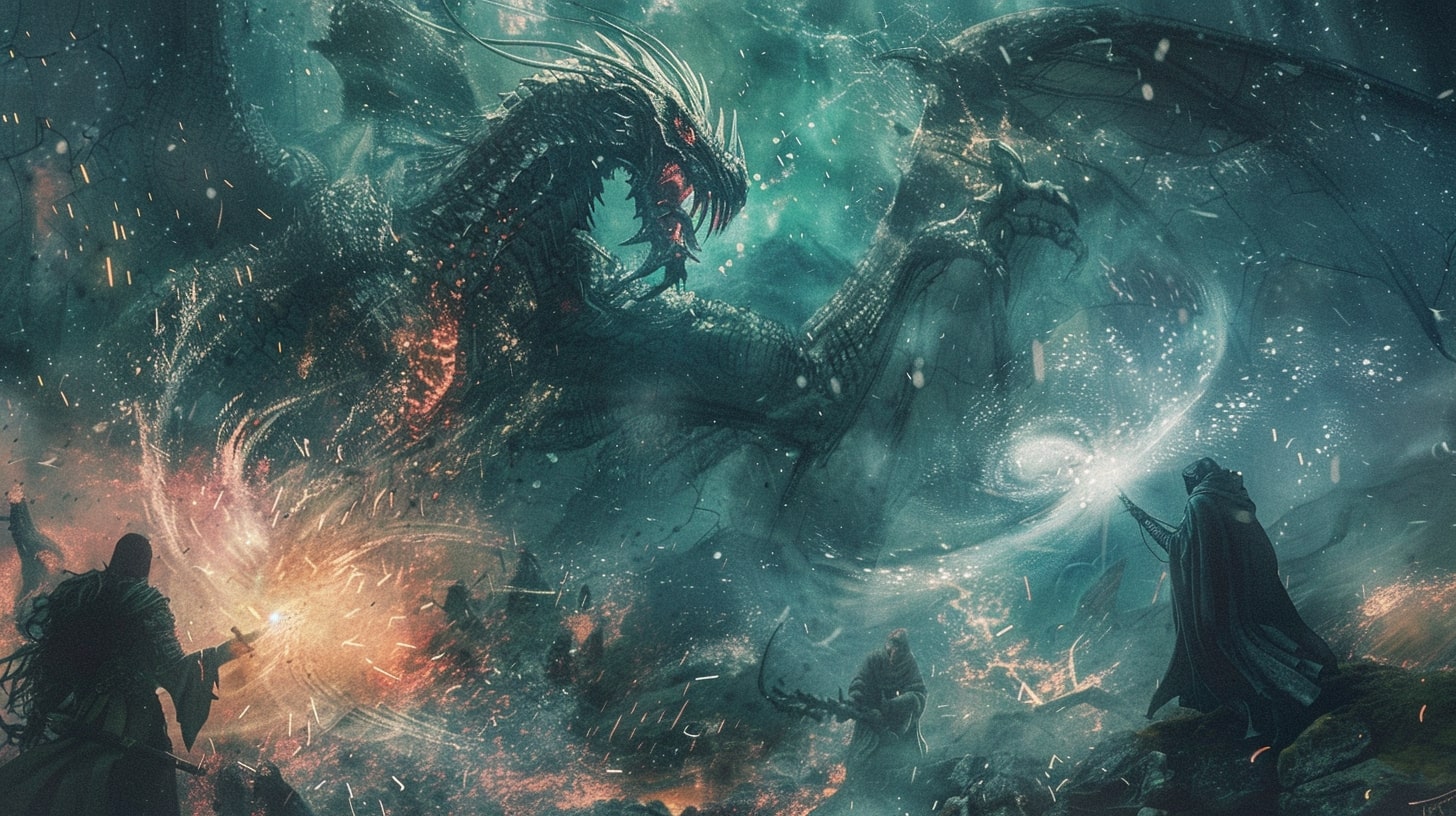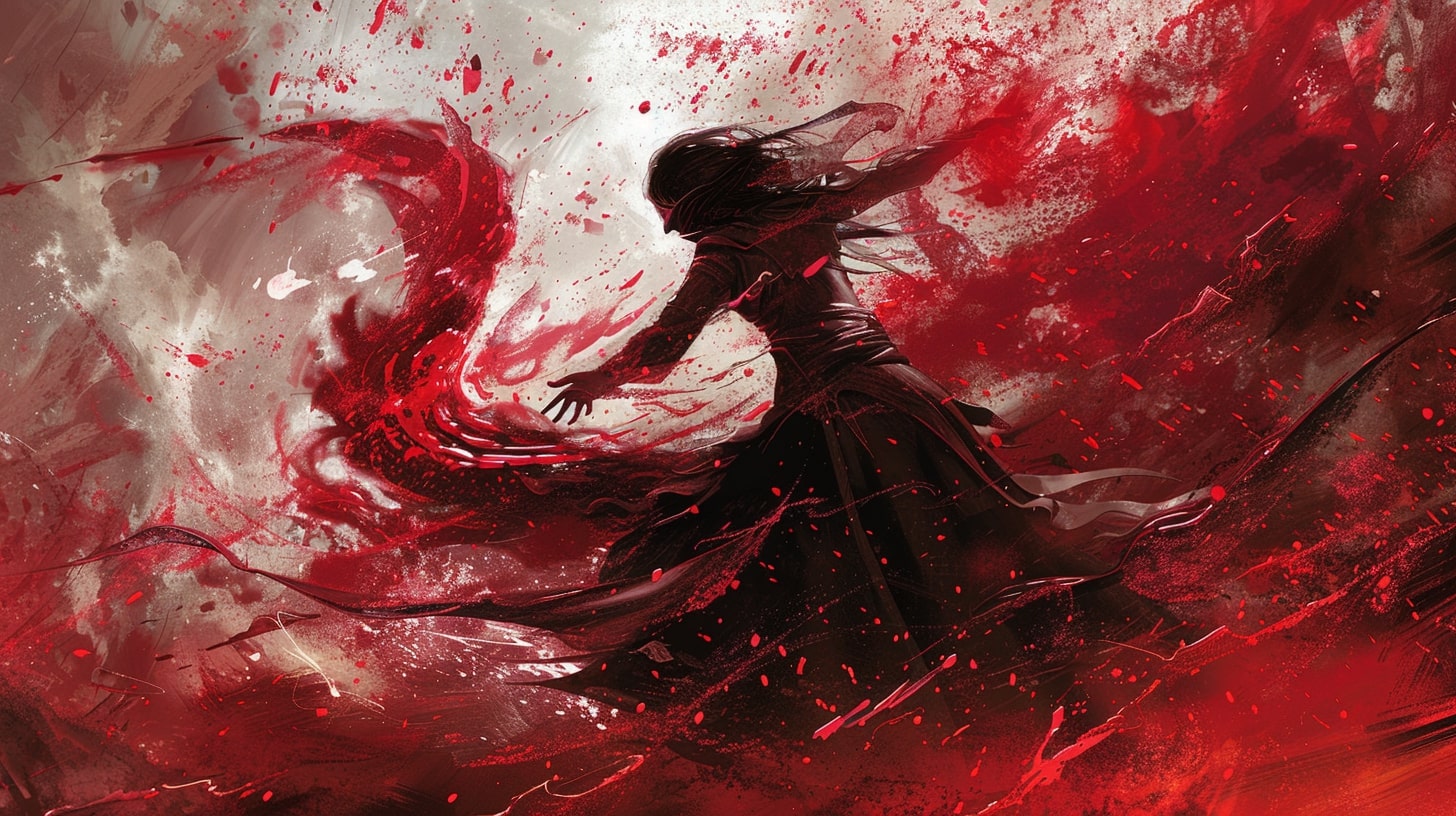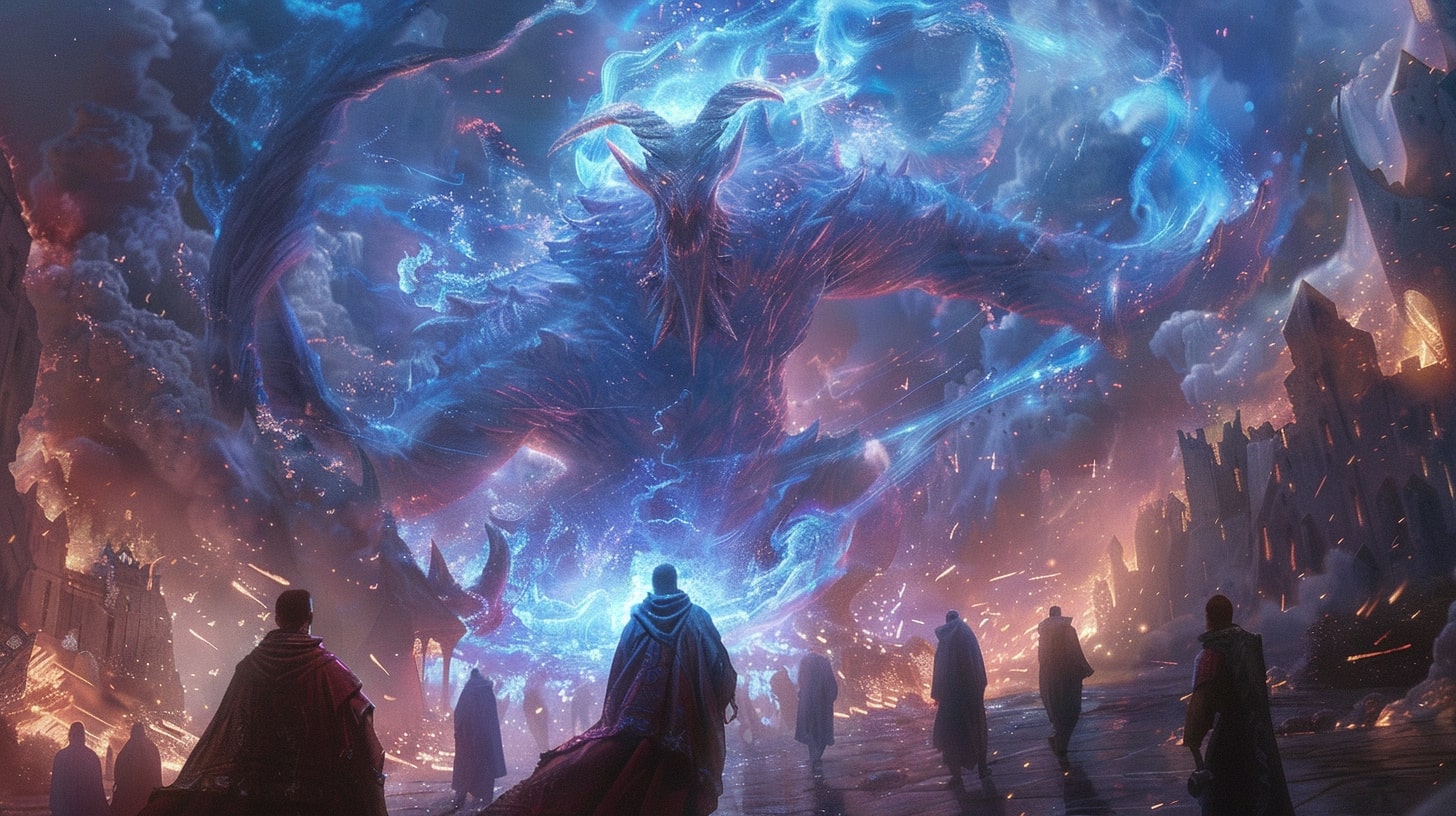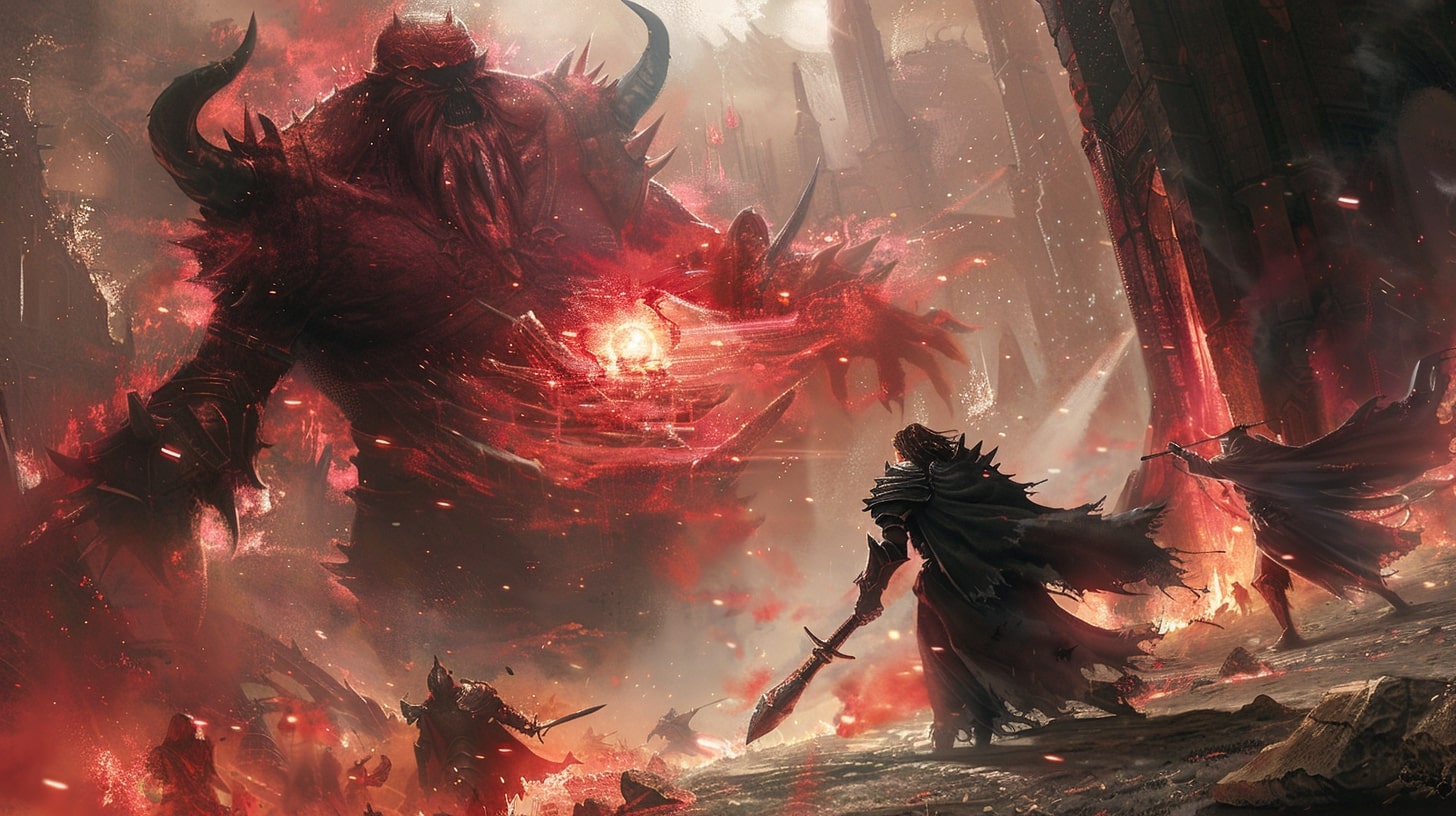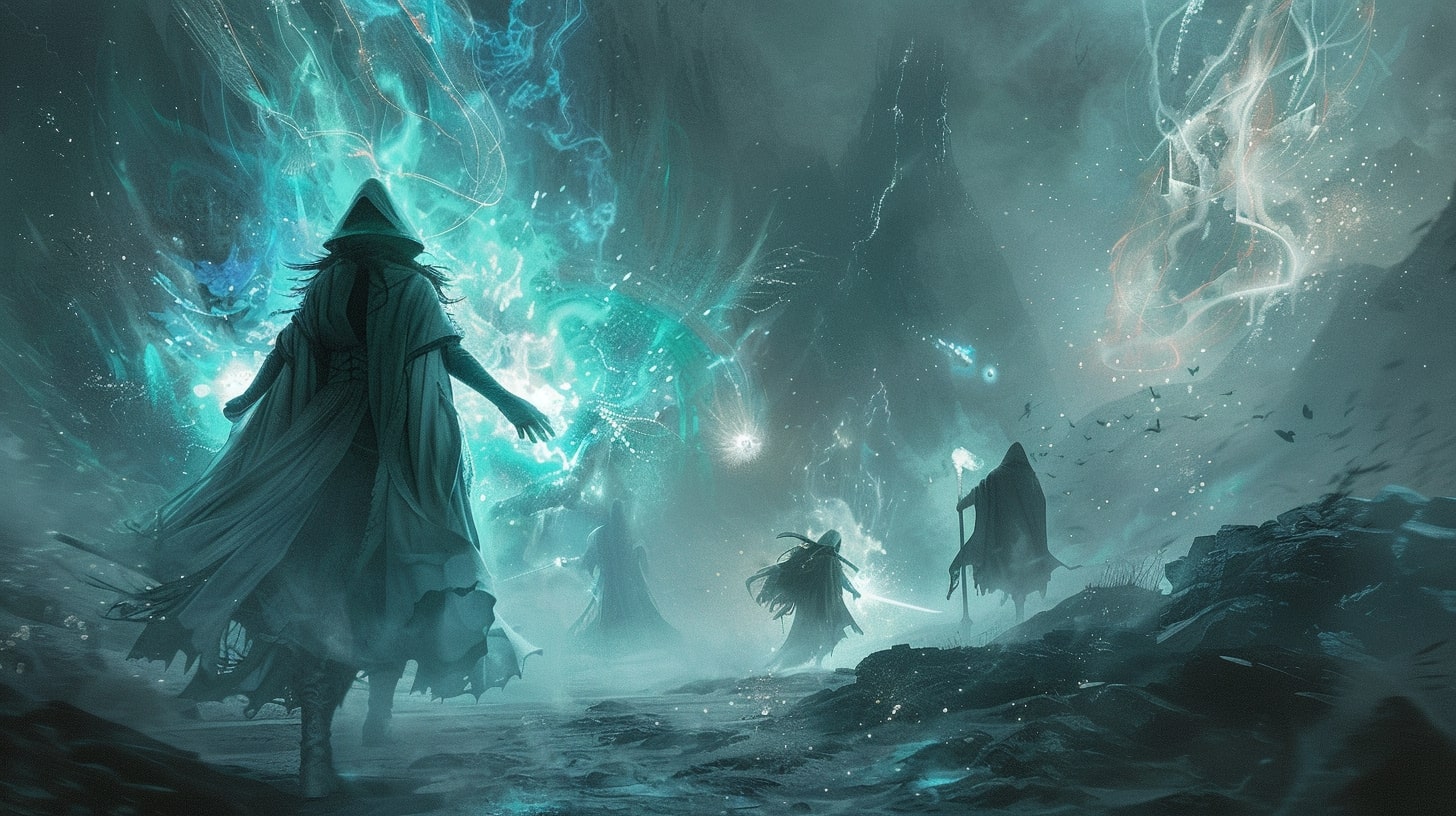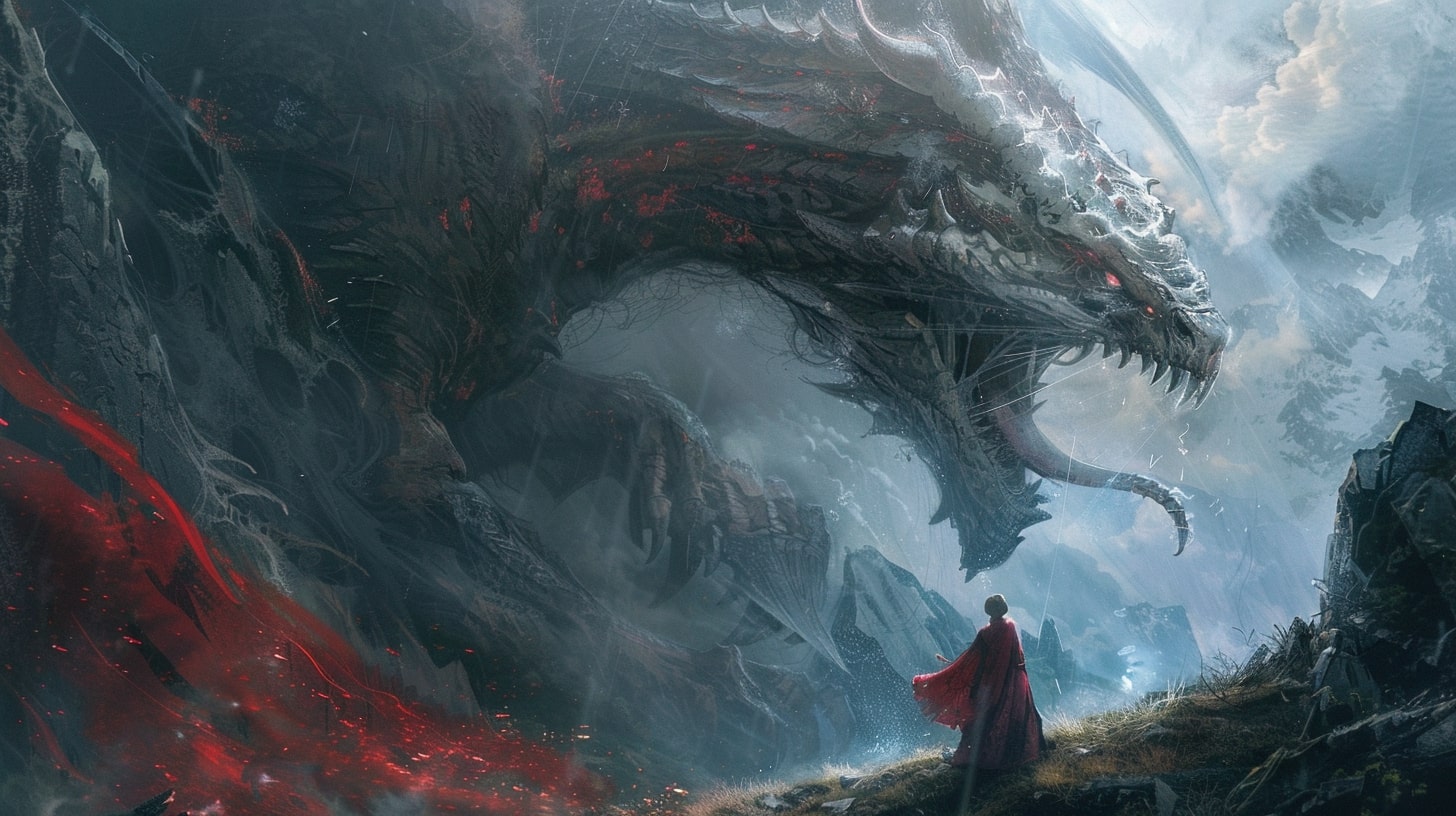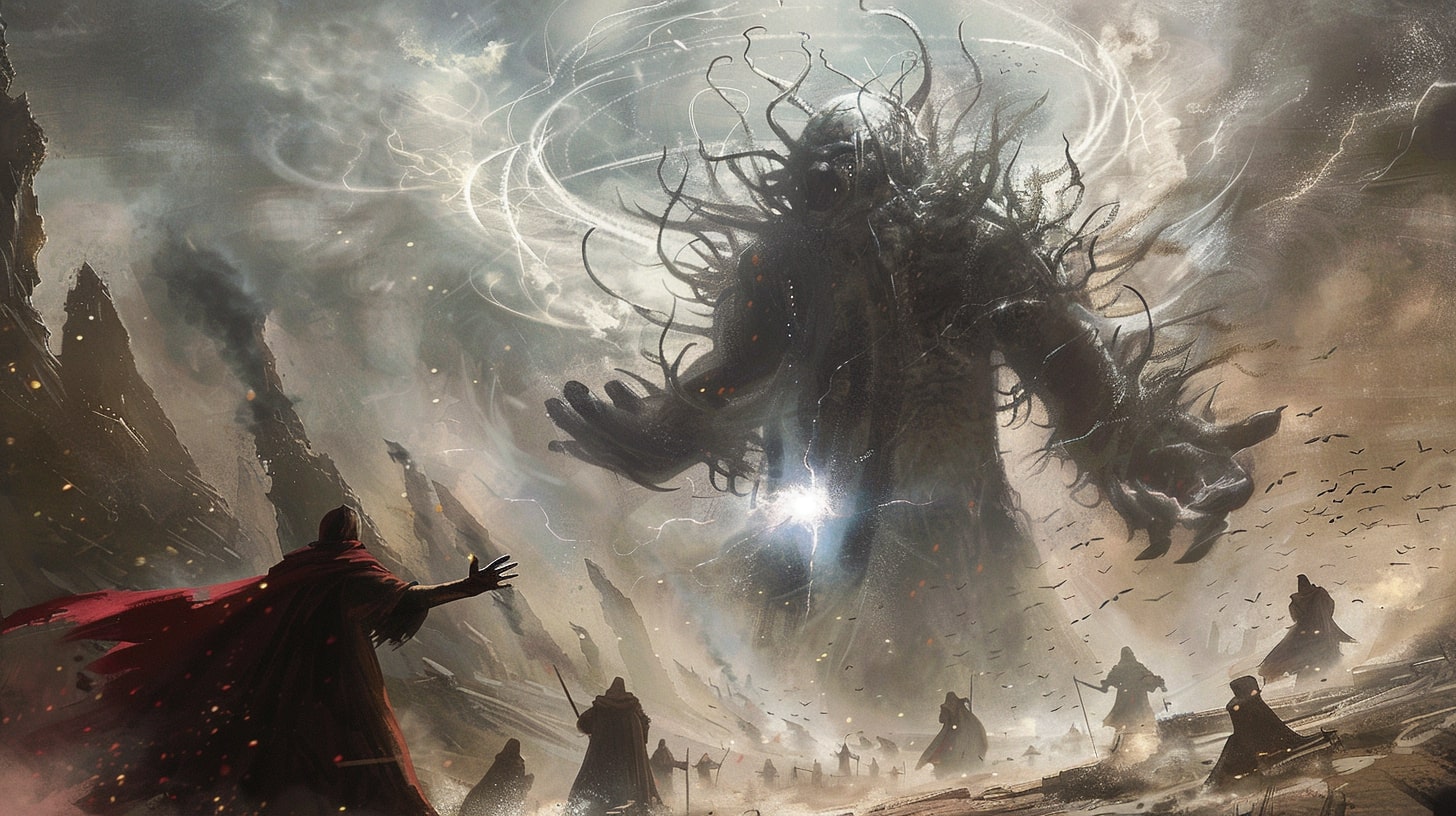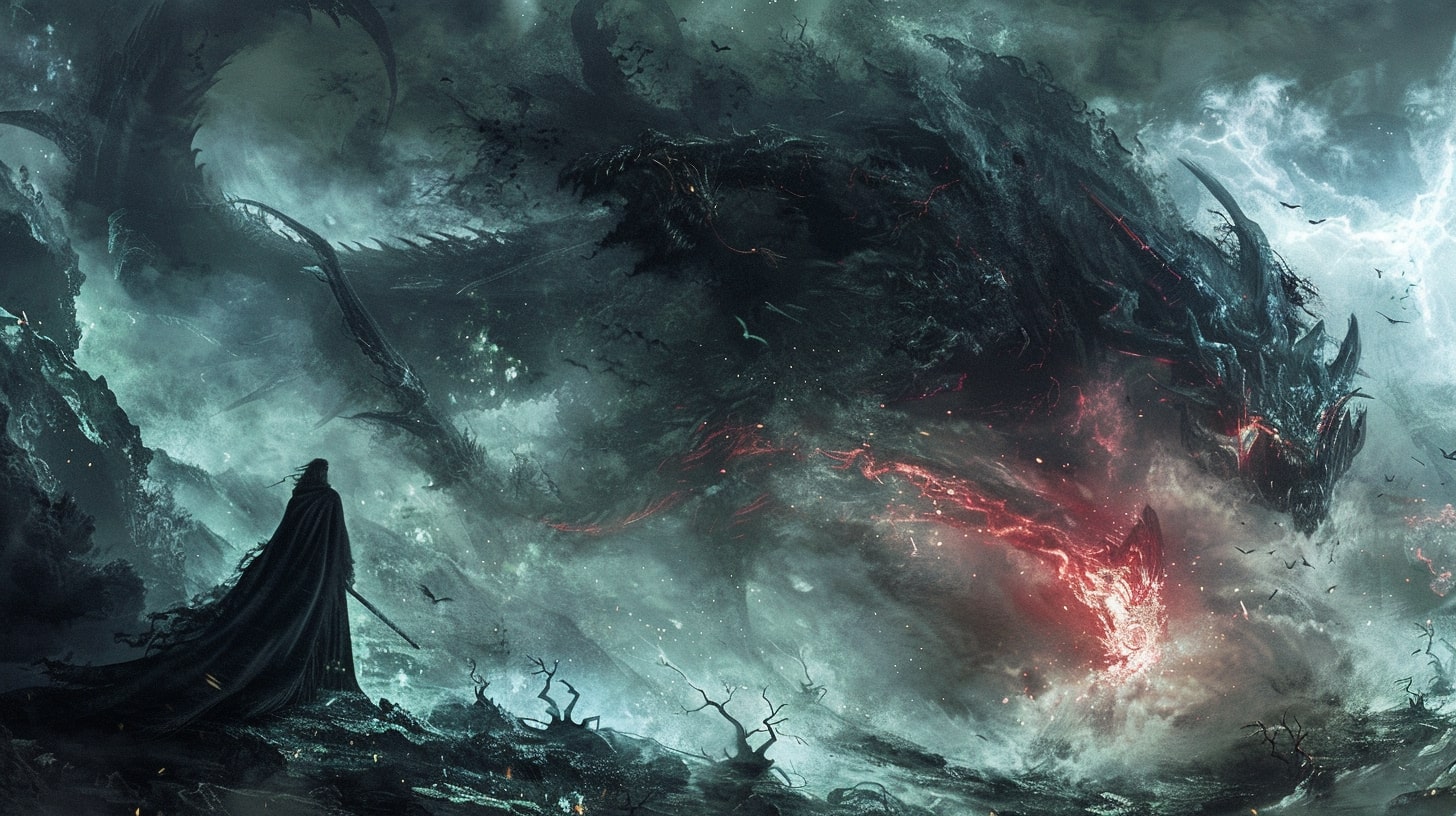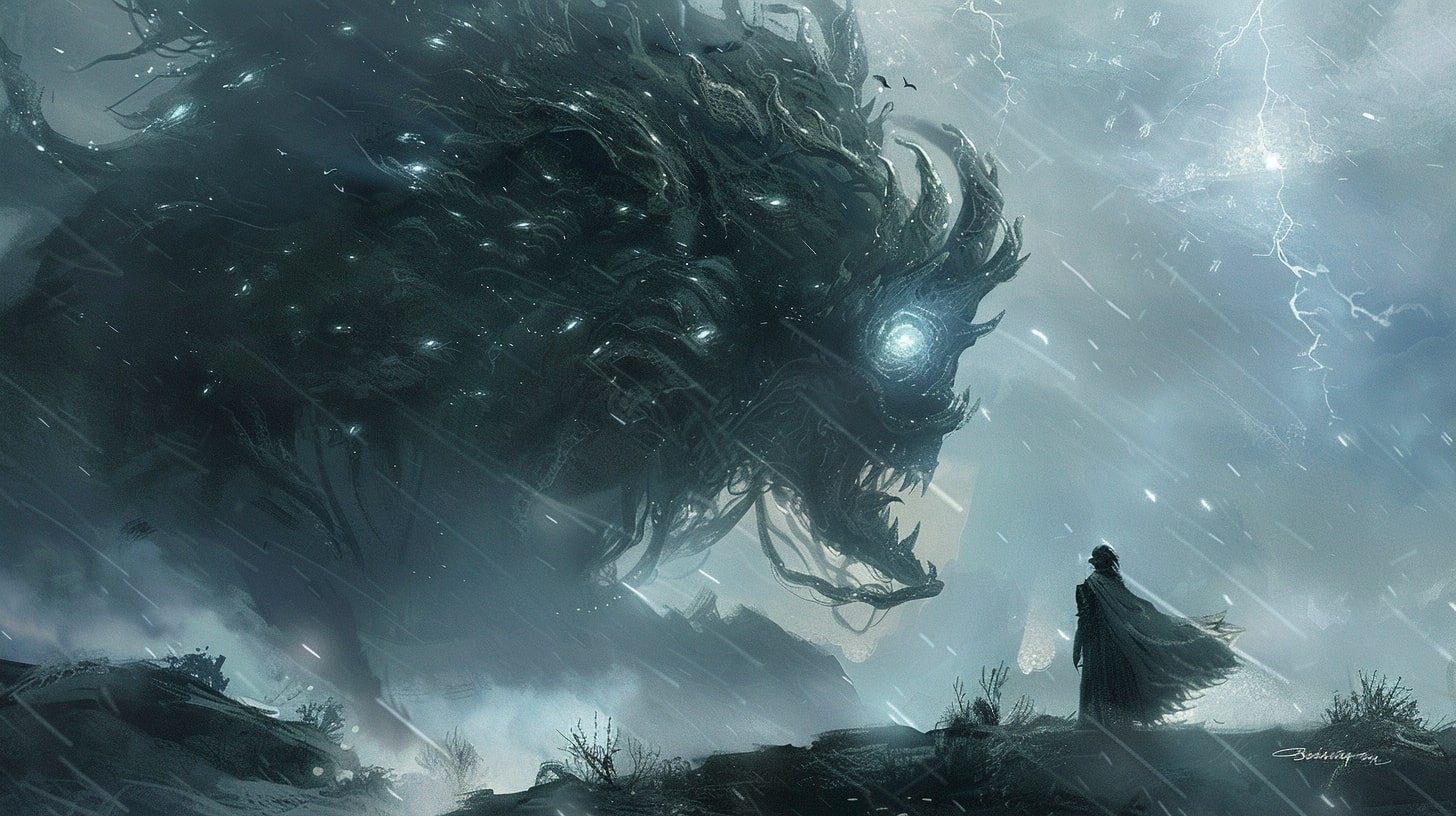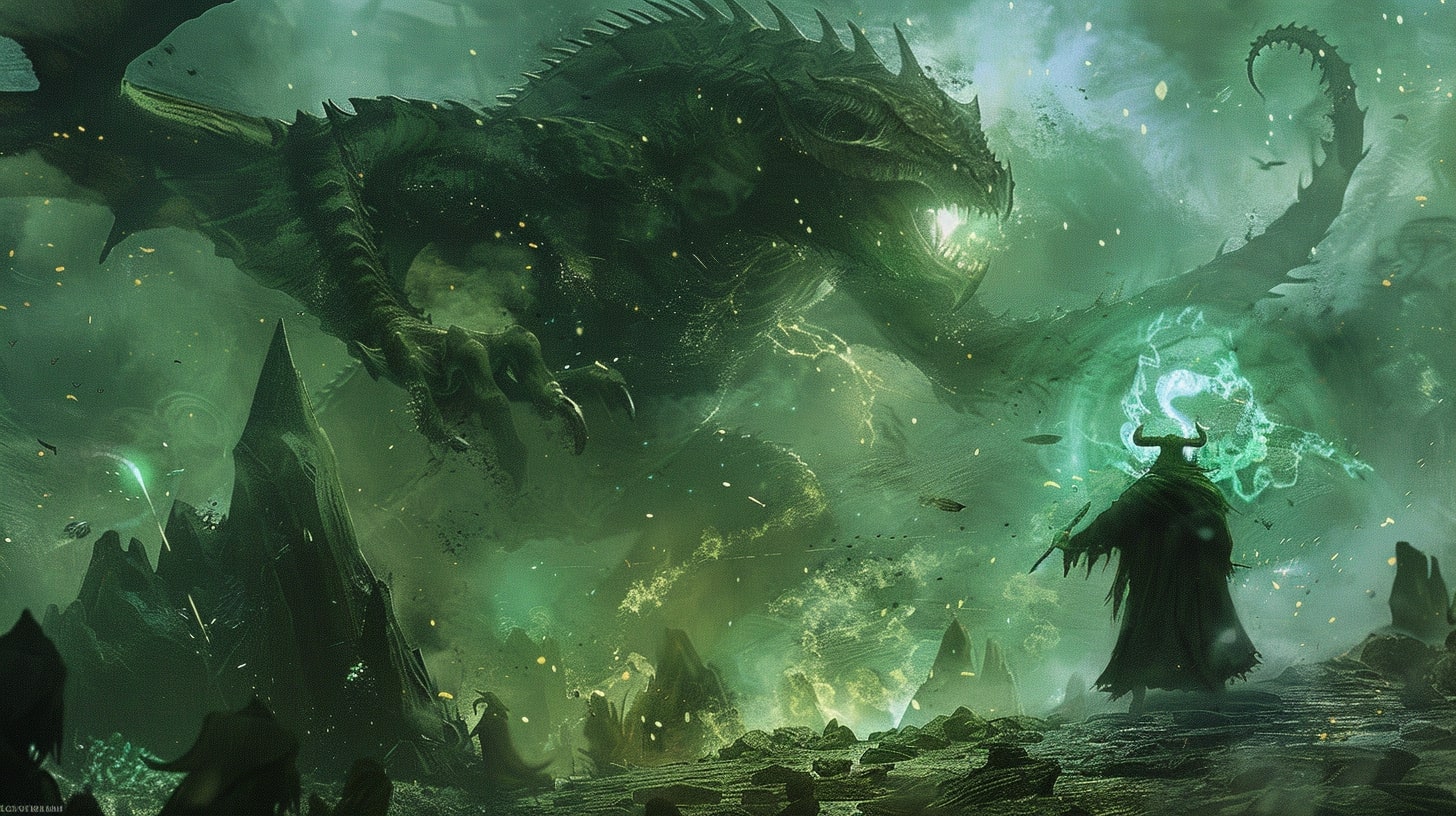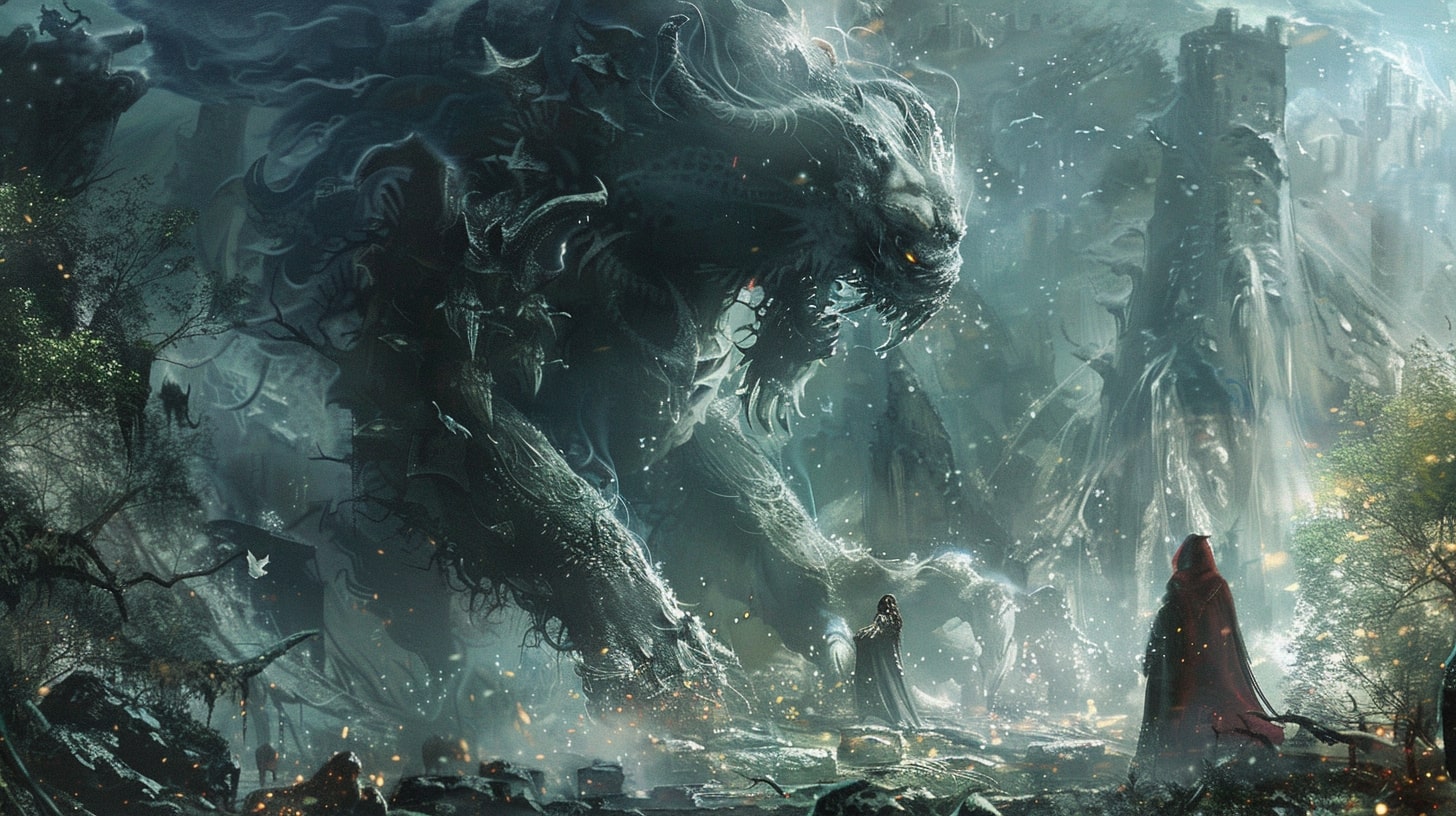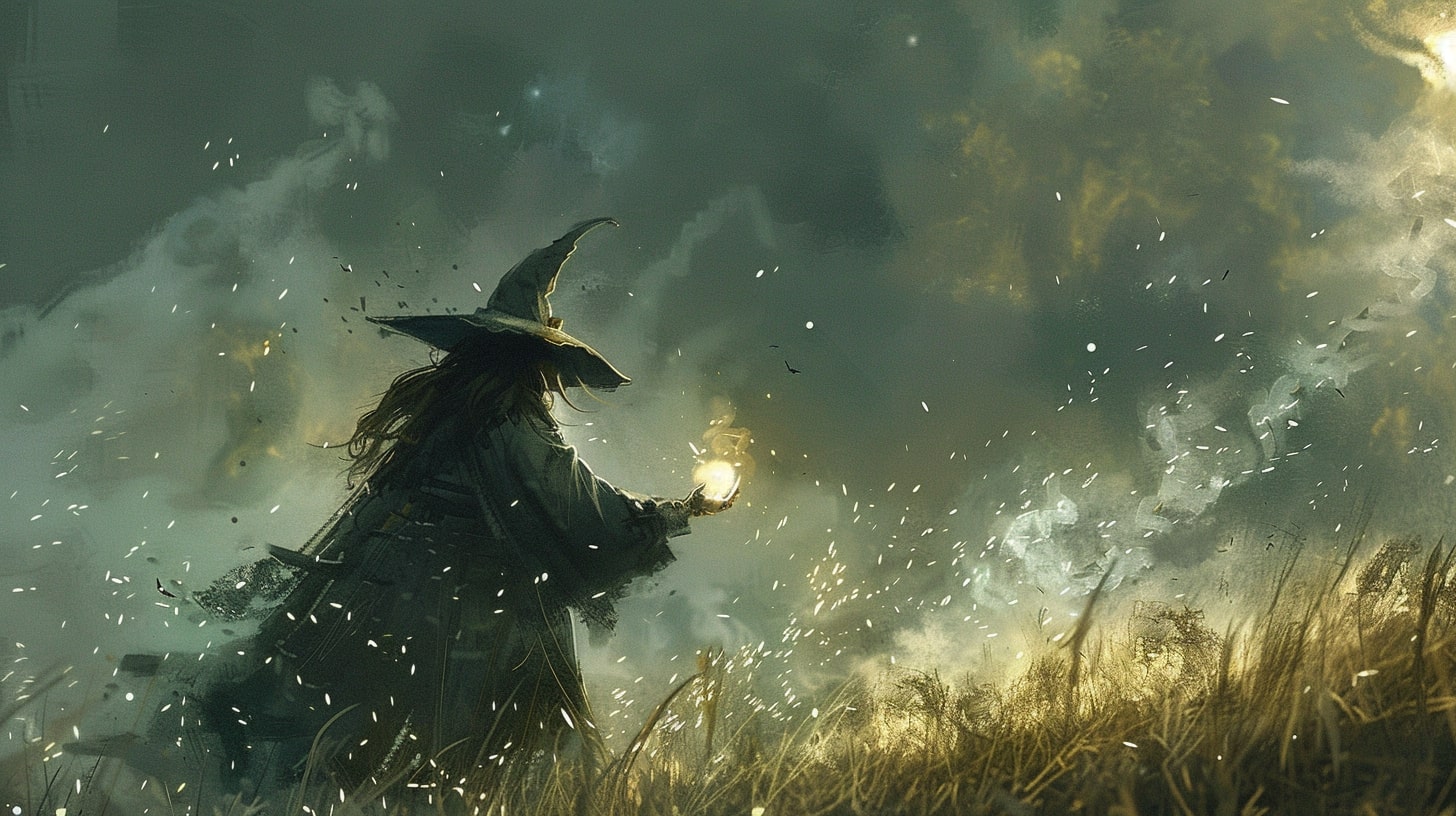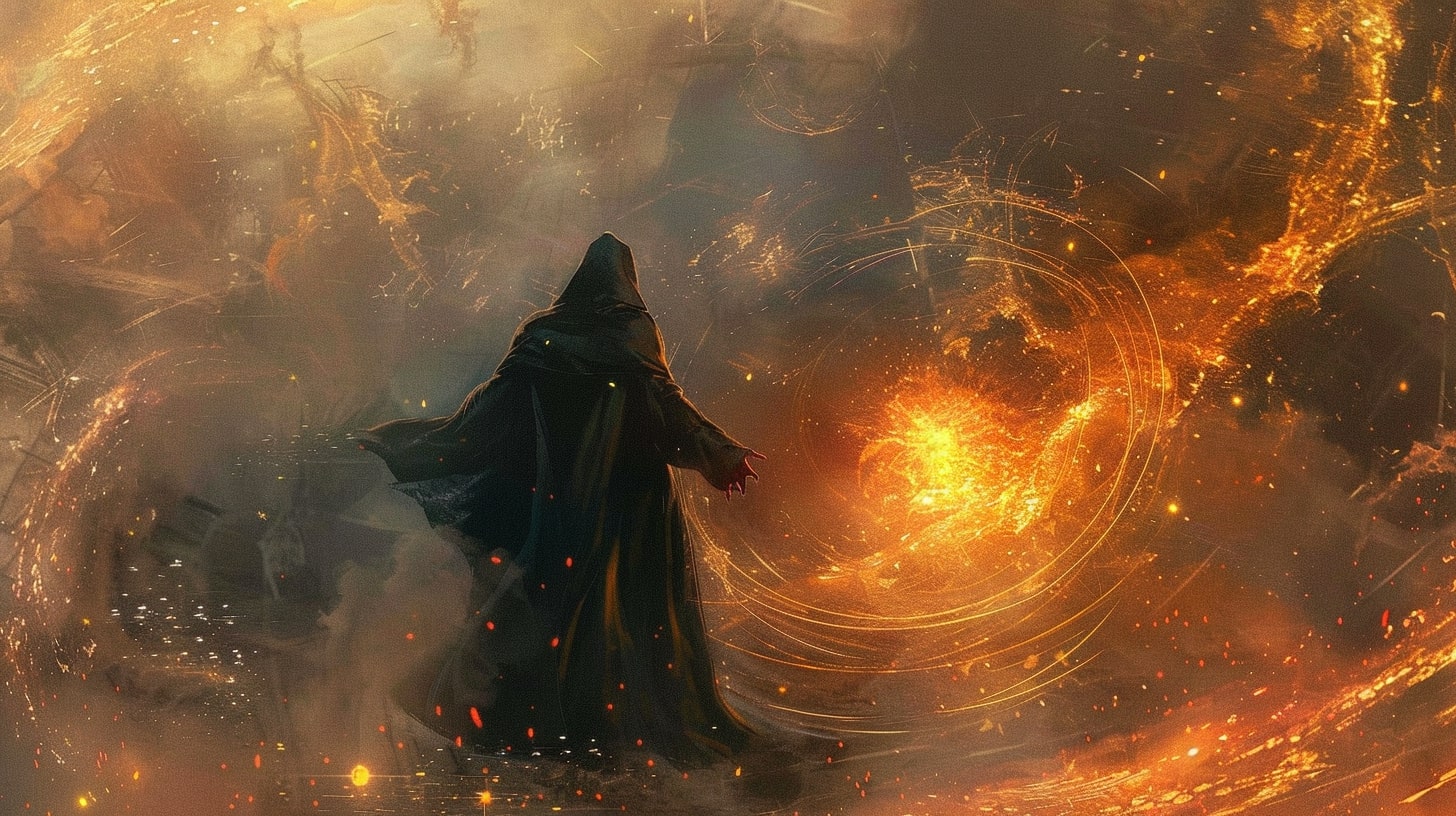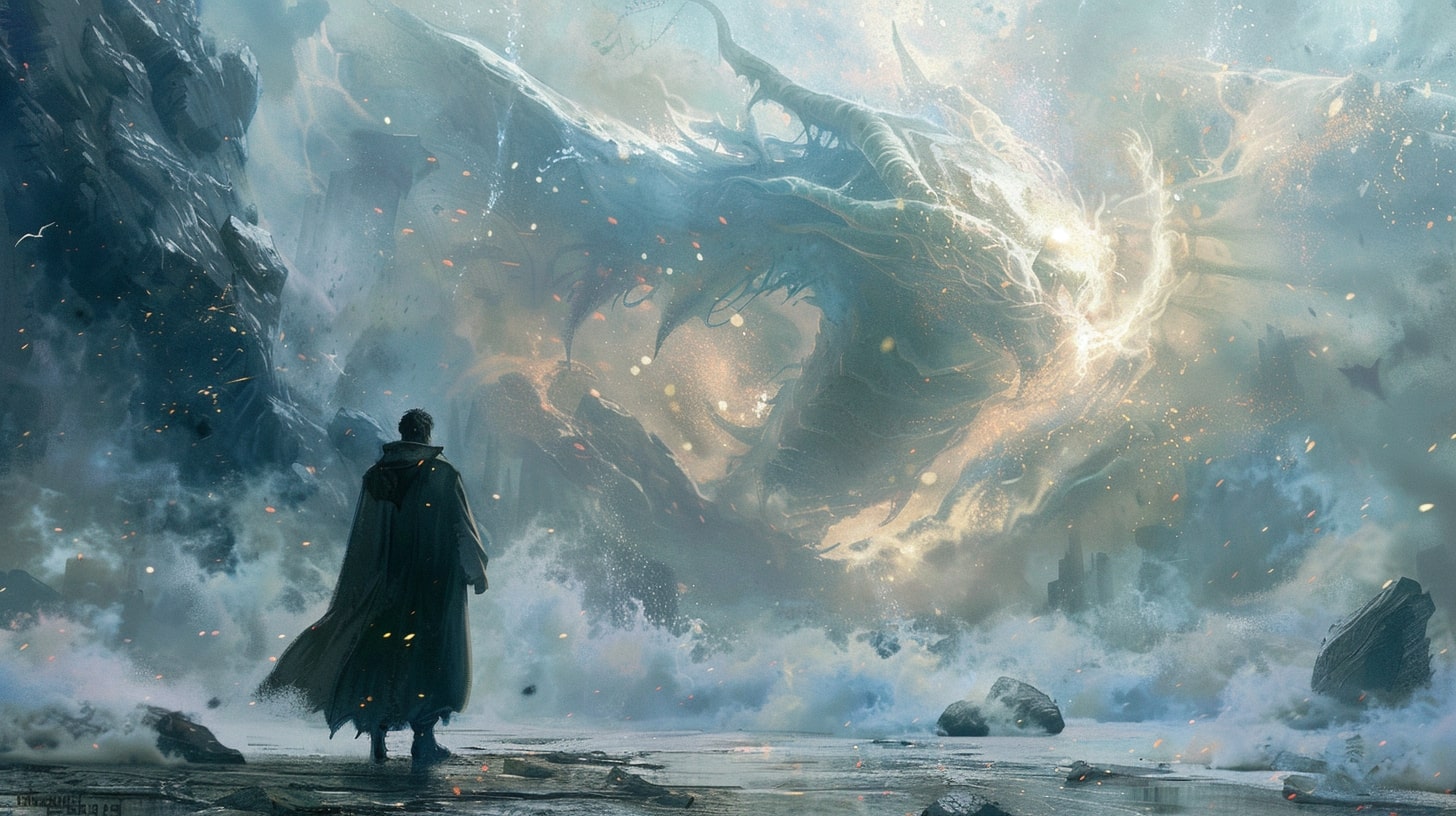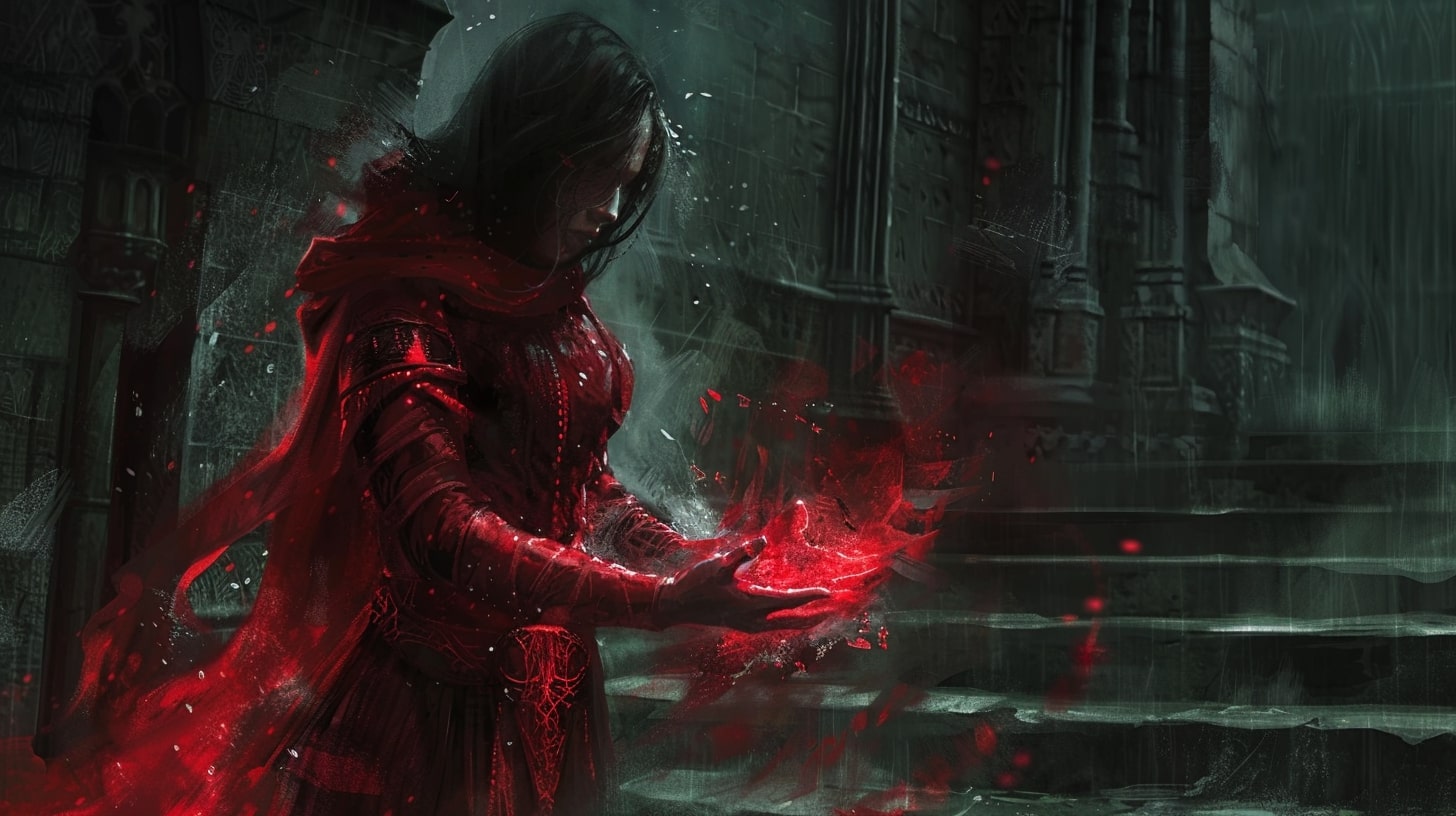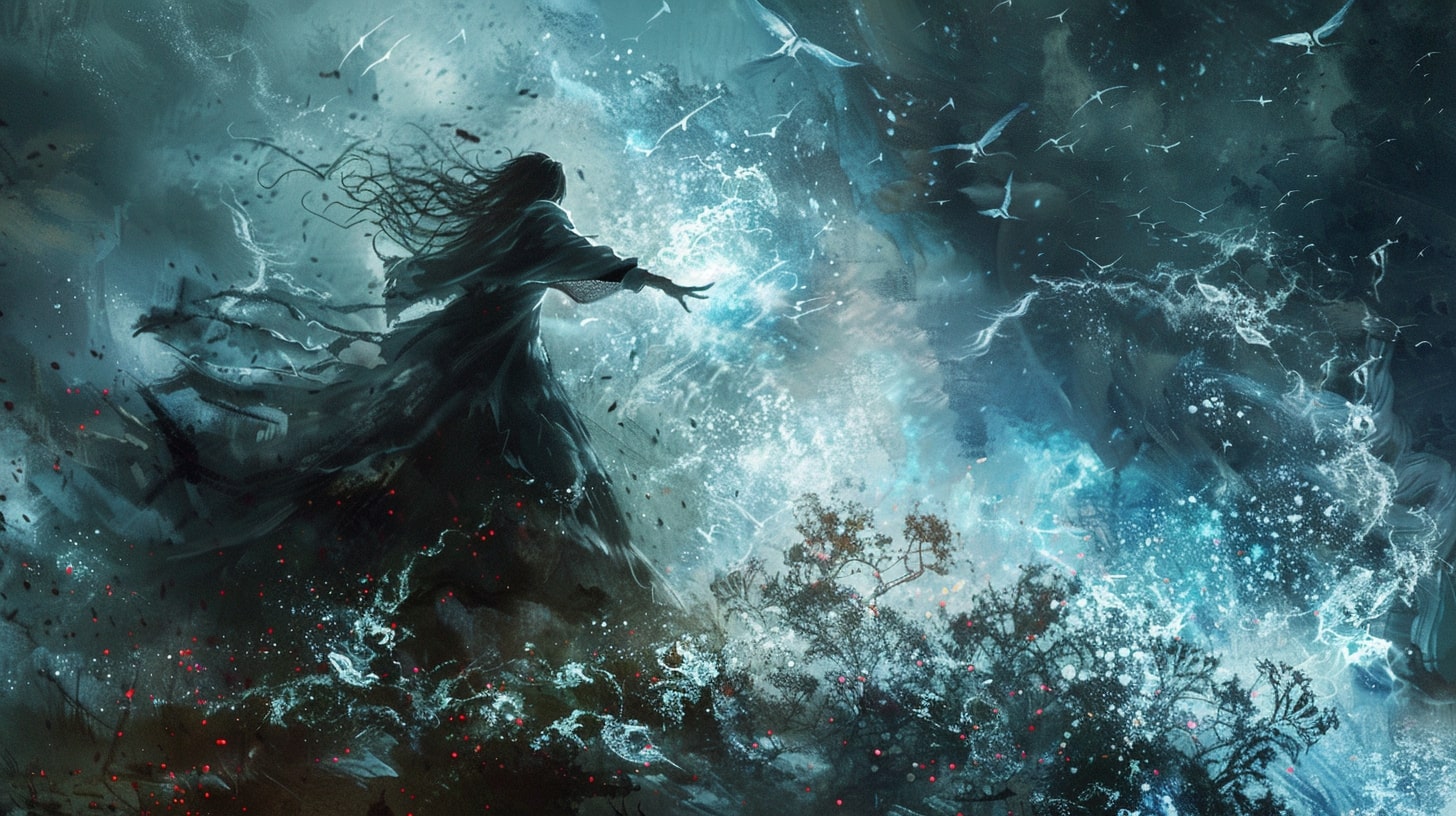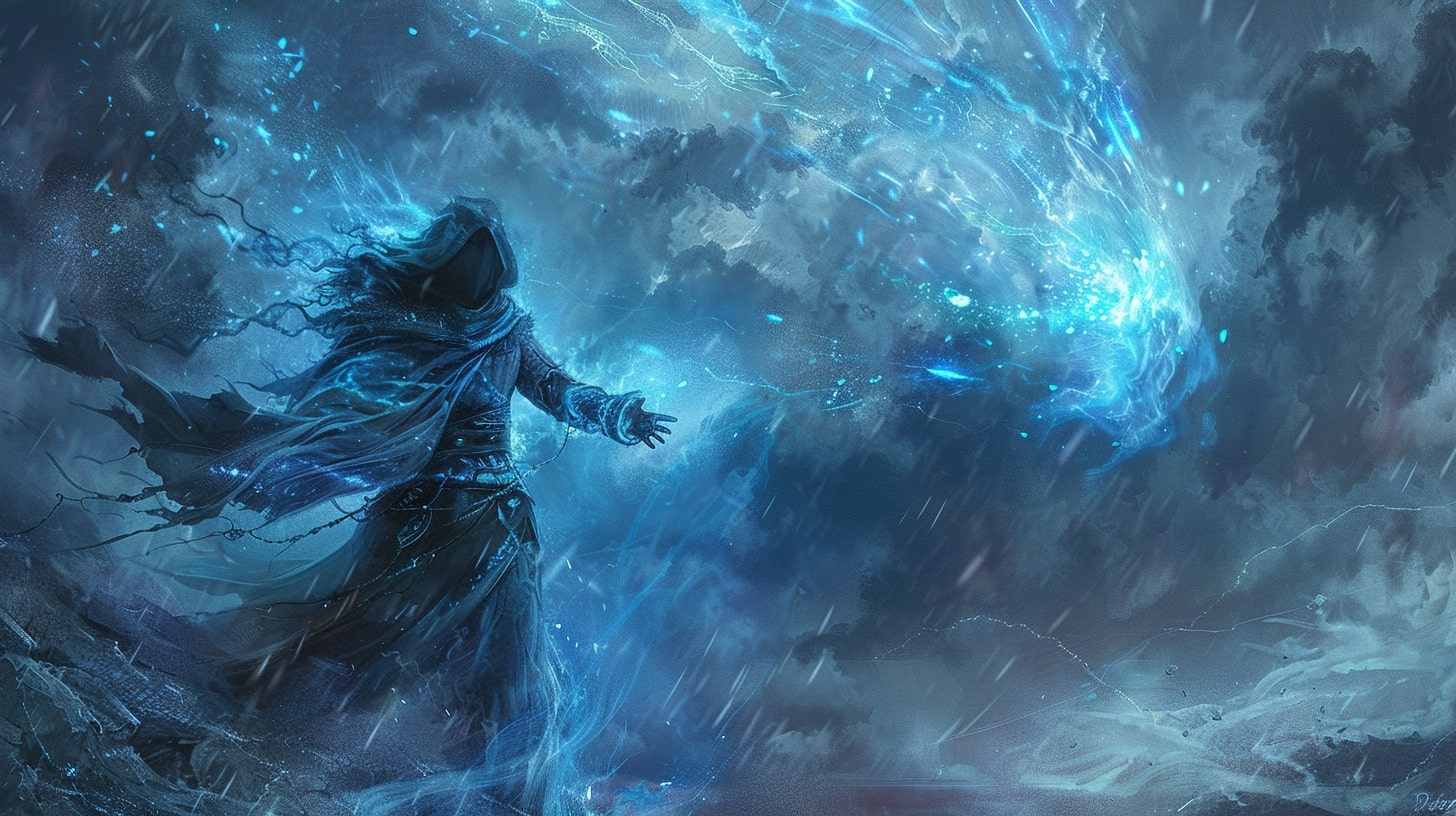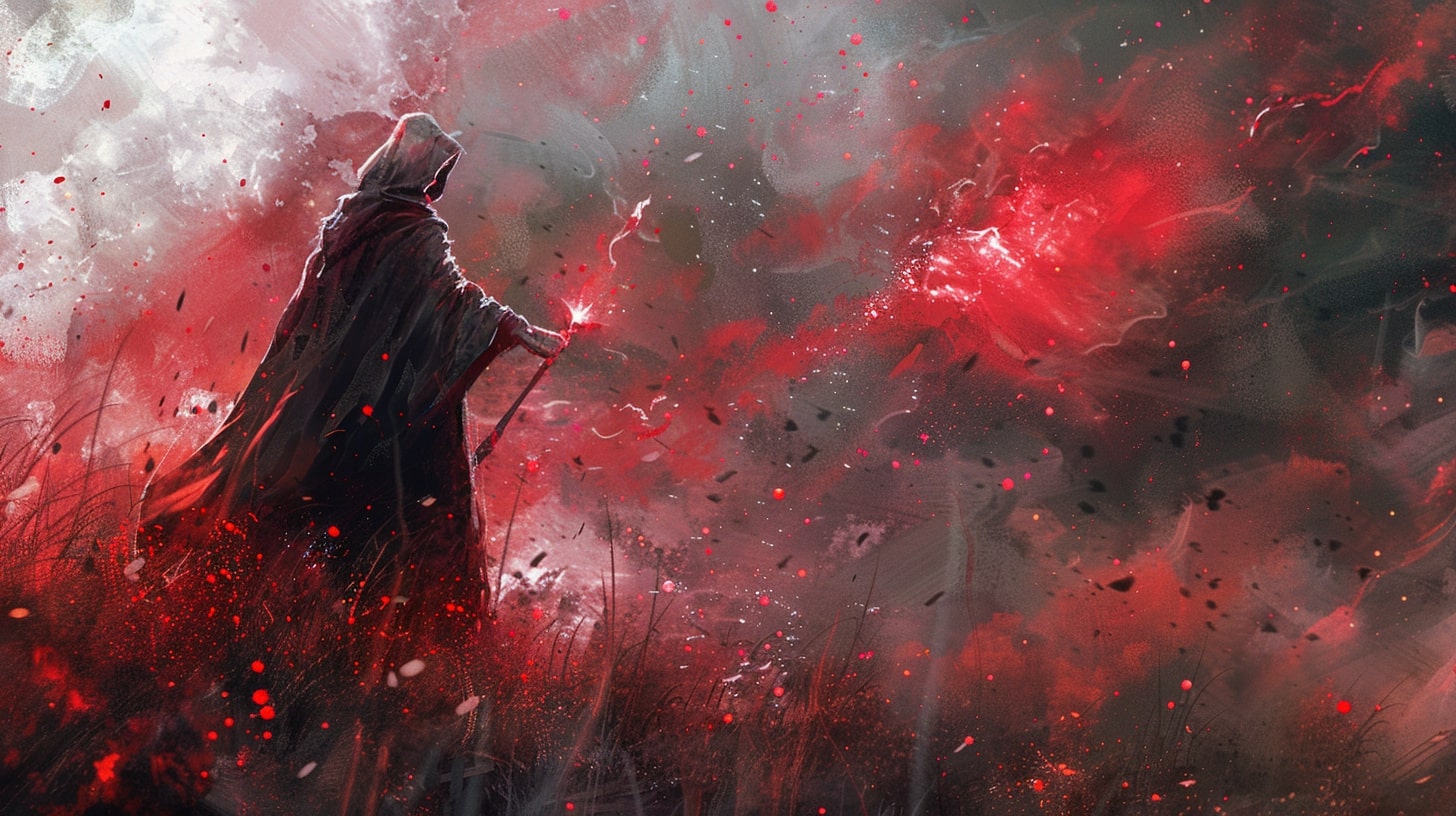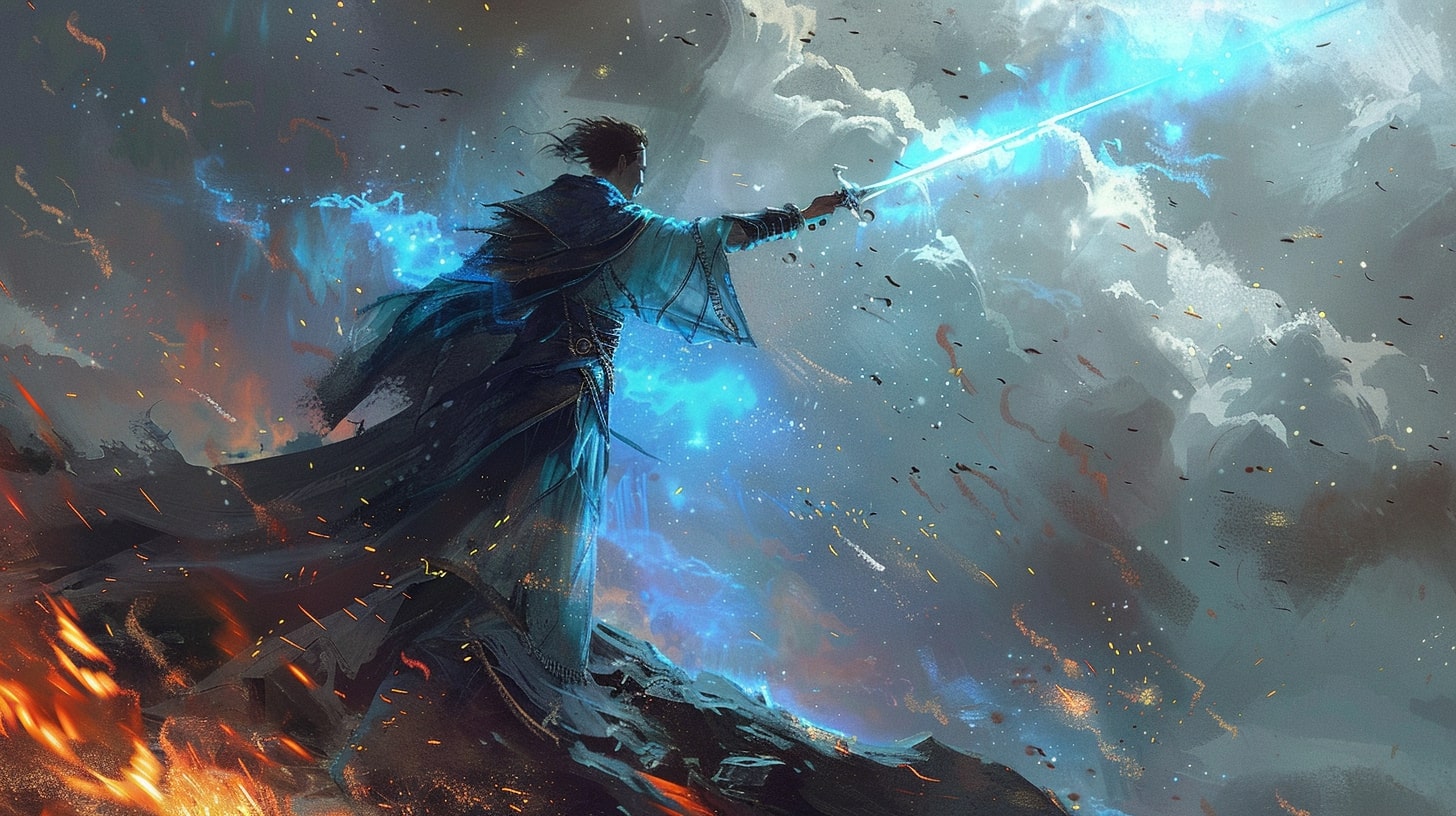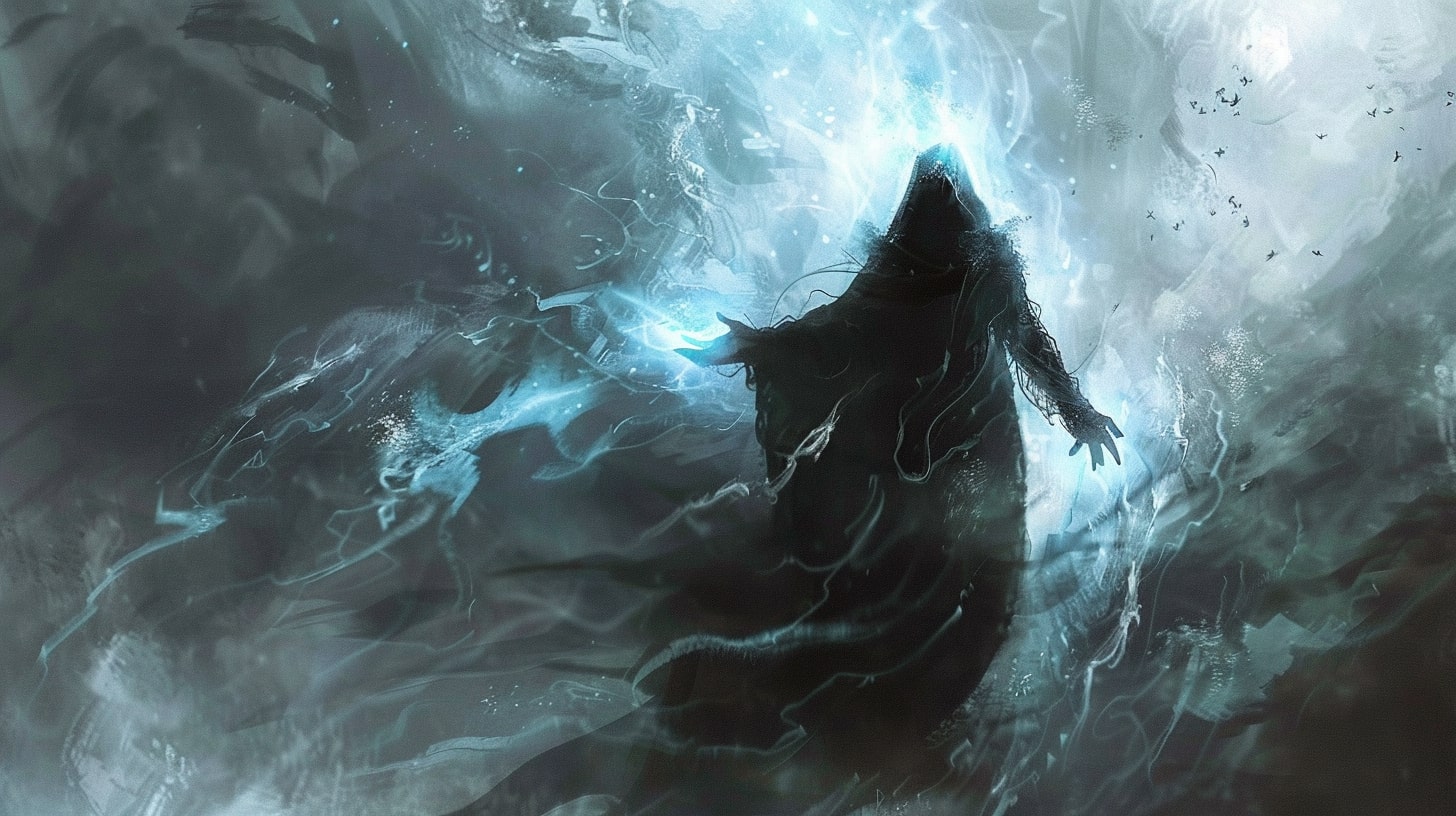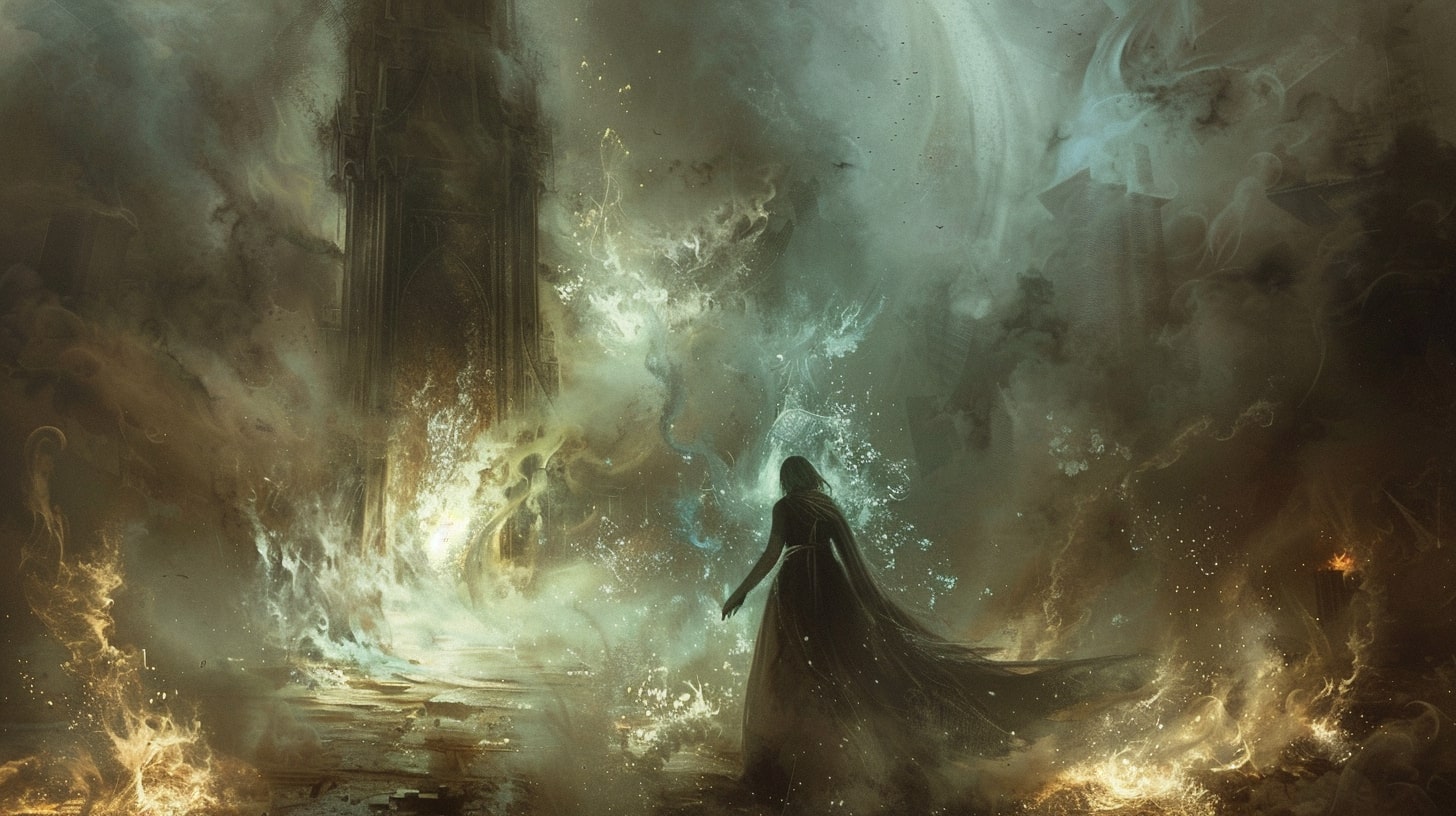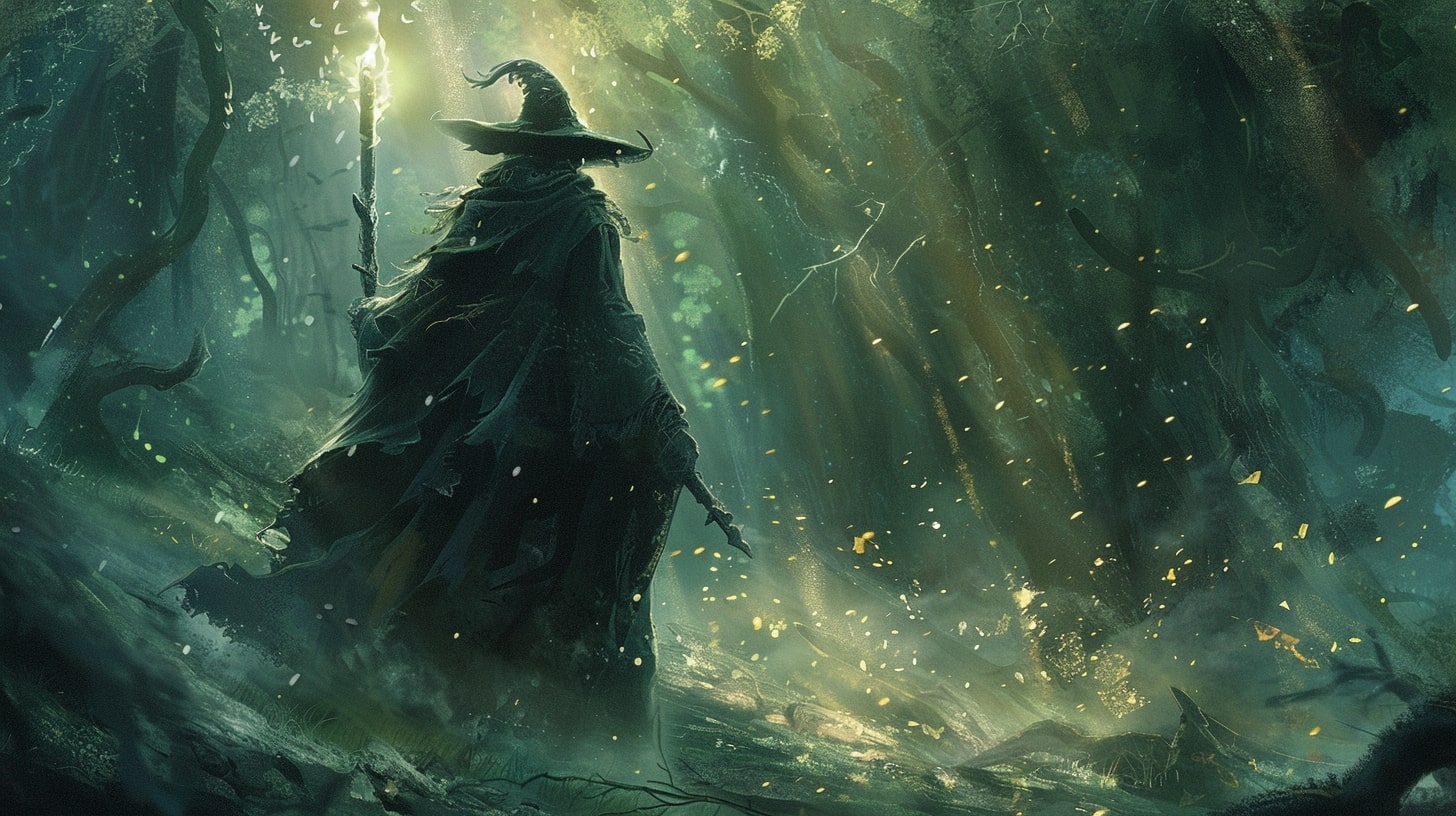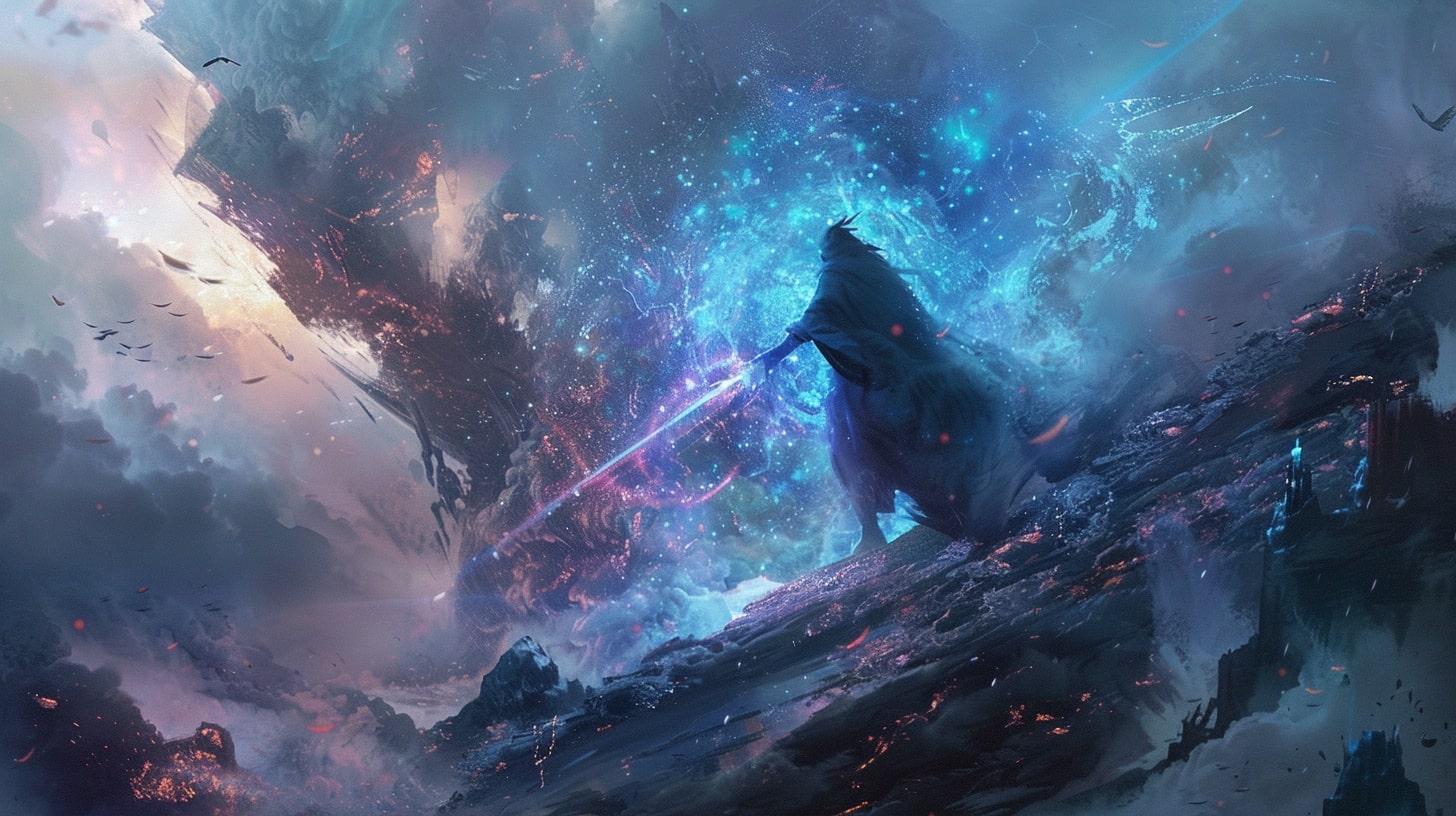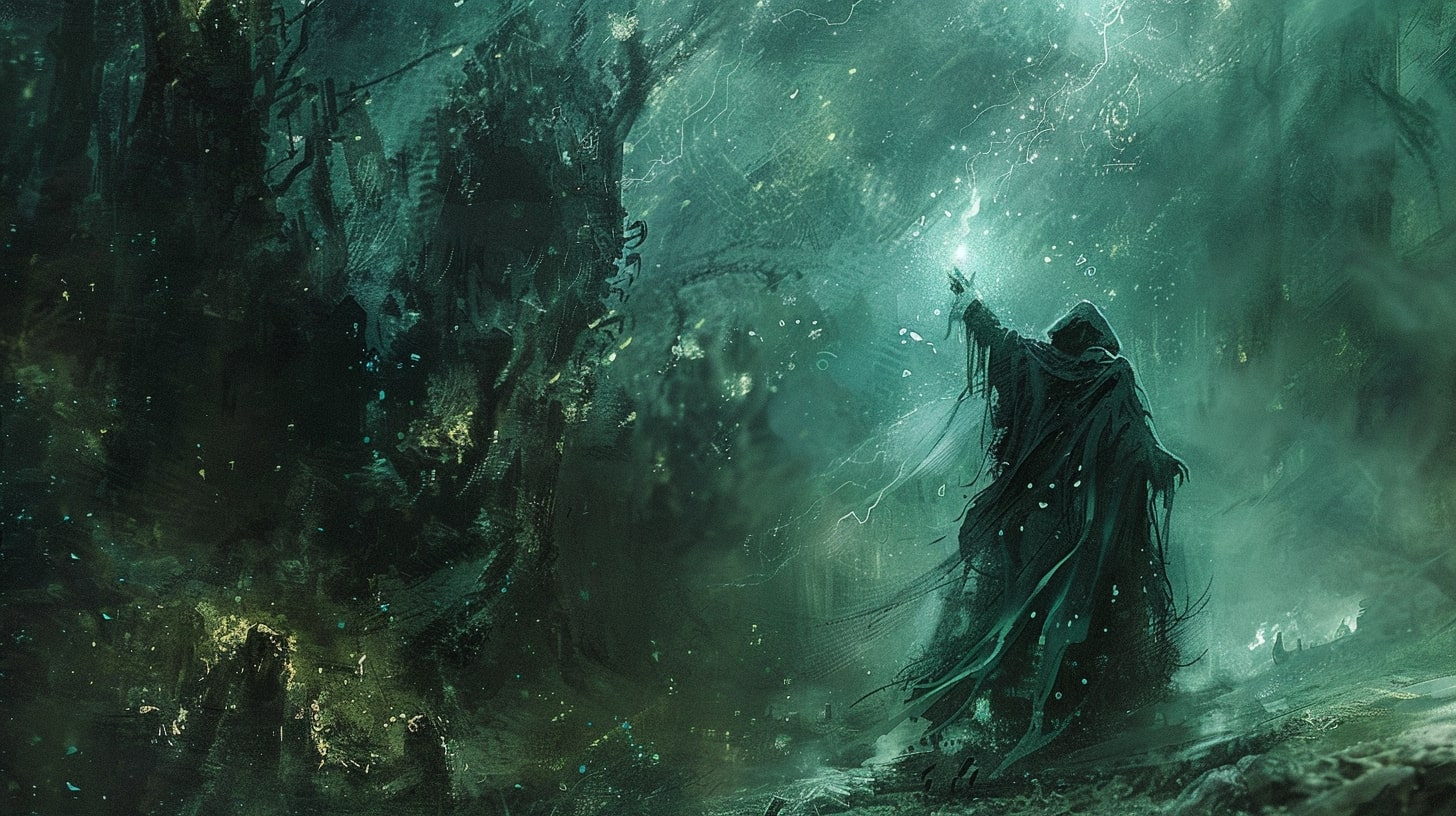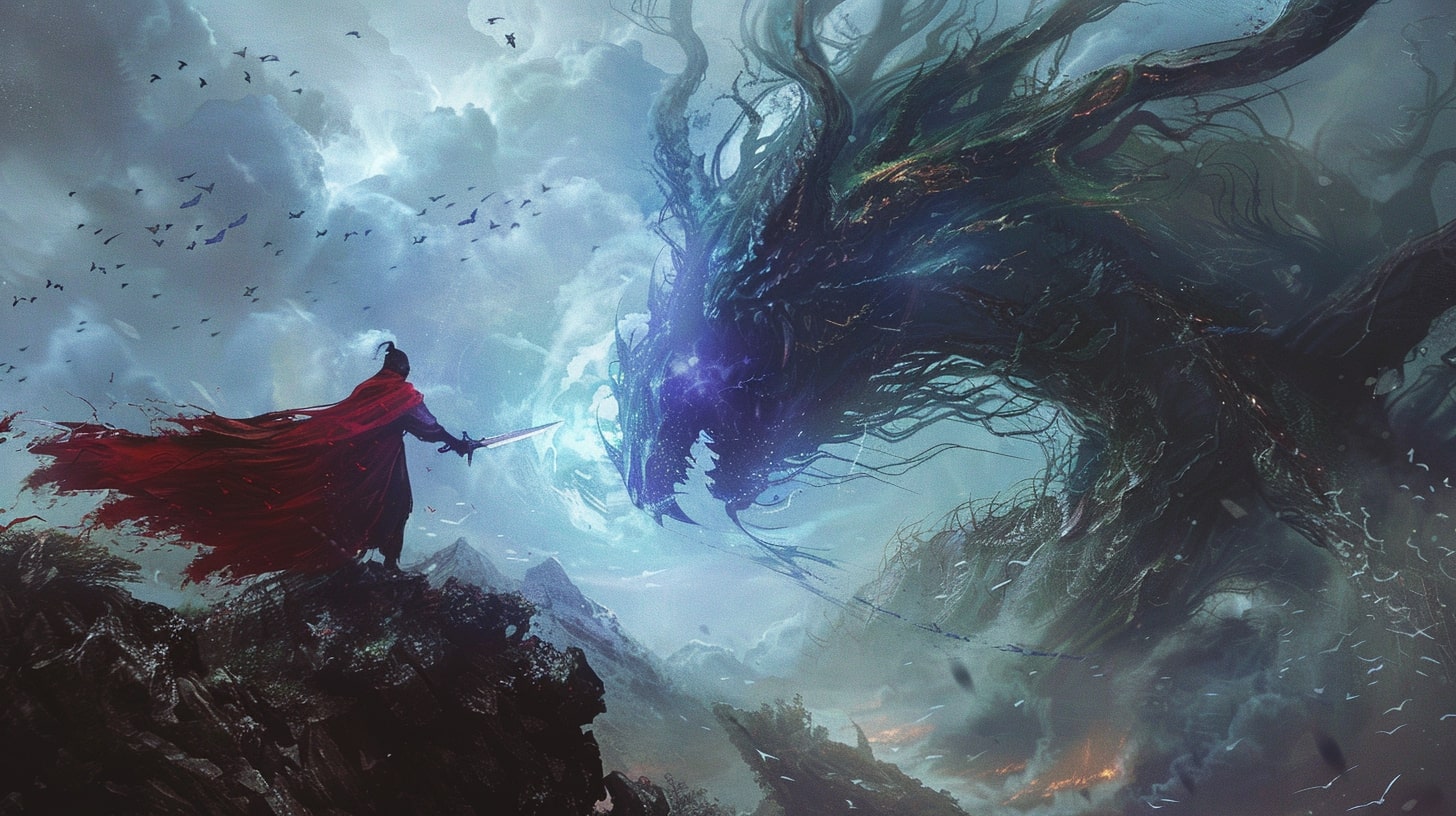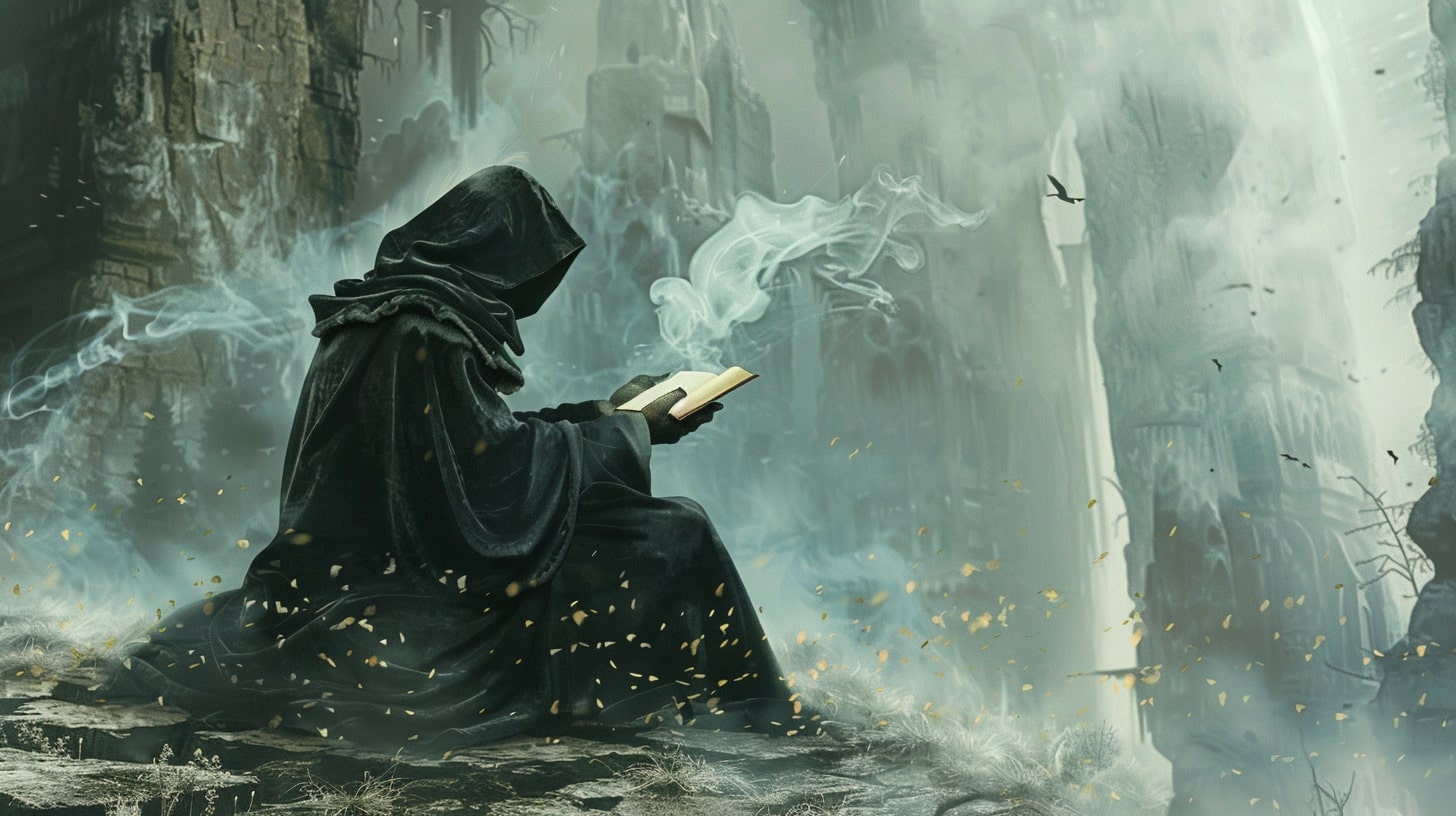The Art of Arcane Magic Systems
Welcome to the world of magic systems! As a fantasy writer, creating an arcane magic system can add depth and intrigue to your fictional world. In this section, we will explore the introduction to magic systems and why an arcane magic system can be a captivating choice for your storytelling.
Introduction to Magic Systems
Magic systems serve as the foundation of fantastical worlds, bringing to life the extraordinary abilities and powers that exist within your story. A magic system is a set of rules, principles, and mechanics that govern how magic works in your world. It provides structure and consistency, ensuring that the use of magic remains believable and immersive for your readers.
By carefully crafting your magic system, you have the opportunity to create a unique and memorable experience for your audience. From the source of magic to the limitations and consequences, every aspect requires thoughtful consideration. Magic systems can vary greatly, ranging from elemental magic systems to divine magic systems and more. If you're looking for inspiration, check out our article on magic system ideas.
Why an Arcane Magic System?
While there are various types of magic systems to choose from, an arcane magic system can be particularly captivating. Arcane magic often encompasses mysterious and esoteric forces that tap into the unknown. It revolves around ancient knowledge, rituals, and spells that have been passed down through generations.
One of the advantages of an arcane magic system is the sense of wonder and awe it can evoke in your readers. The exploration of ancient tomes, the discovery of forgotten spells, and the unraveling of magical secrets can create a sense of adventure and mystery. The arcane arts can also be associated with secrecy and exclusivity, with only a select few having the ability to wield its power.
By delving into the intricacies of an arcane magic system, you have the opportunity to weave an enchanting narrative that captures the imagination of your readers. Through the development of unique spells, rituals, and magical artifacts, you can create a rich and immersive world that will keep your audience engrossed in your story.
As you embark on the journey of constructing an intriguing arcane magic system, remember to consider the key elements, explore the building blocks, and strive for balance and consistency. By doing so, you will create a magical experience that will ignite the imagination of your readers and transport them to a world where anything is possible.
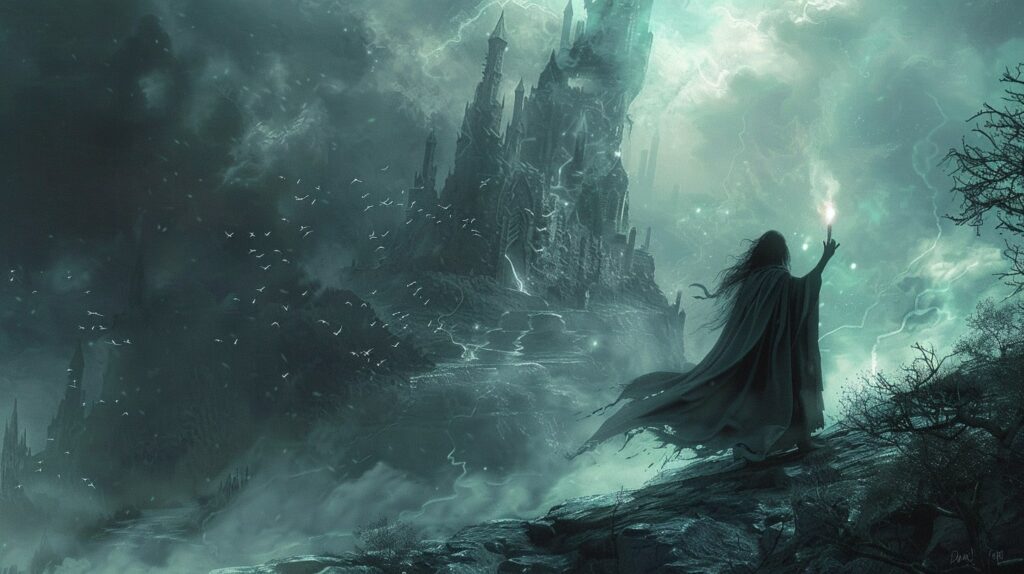
Key Elements of an Arcane Magic System
In order to create an intriguing arcane magic system, there are several key elements you need to consider. These elements will help you establish the foundation of your magical world and make it believable and captivating. Let's explore the three essential components: the source of magic, rules and limitations, and spellcasting mechanism.
Source of Magic
The source of magic is the wellspring from which all magical power originates in your world. It could be tied to natural forces, ancient artifacts, celestial bodies, or even the inner essence of living beings. Consider the origin and nature of magic in your world and how it influences the way it is accessed and wielded. This will add depth and richness to your magical system.
| Source of Magic | Description |
|---|---|
| Elemental Forces | Magic drawn from the elements: fire, water, earth, air |
| Divine Energies | Magic bestowed by deities or higher beings |
| Nature's Essence | Magic harnessed from the natural world and its creatures |
| Astral Dimensions | Magic derived from other planes of existence |
| Inner Power | Magic that stems from an individual's inner strength and will |
Rules and Limitations
Establishing rules and limitations for your magic system is crucial to maintain balance and prevent it from becoming overly powerful or inconsistent. These rules can dictate how magic is learned, who can wield it, and the consequences of its use. Consider the following aspects when defining the rules and limitations of your arcane magic system:
- Learning and Mastery: How is magic acquired and developed? Are there schools of magic, mentors, or ancient tomes that hold the secrets to its practice? Are certain individuals more naturally attuned to magic than others?
- Energy Expenditure: Does magic require a specific energy source or the expenditure of physical or mental energy? Are there limits to the amount of magic that can be used in a given period?
- Specializations: Are there different branches or types of magic within the arcane system? Can practitioners specialize in specific areas or schools of magic?
- Forbidden Practices: Are there any forbidden or taboo practices within the magic system? What are the consequences for those who break these rules?
- Countermeasures: Are there ways to counter or nullify magic? Are there specific rituals, objects, or individuals that have the ability to resist or negate magical effects?
Spellcasting Mechanism
The spellcasting mechanism determines how magic is channeled and cast in your world. This can range from spoken incantations to intricate gestures or the use of magical artifacts. Consider the following aspects when designing the spellcasting mechanism:
- Incantations: Are spells cast through the recitation of specific words, phrases, or verses? Are these incantations standardized or can they be personalized by individual practitioners?
- Gestures and Movements: Do spells require intricate hand gestures, body movements, or the manipulation of magical symbols or runes? How important is precision in these gestures?
- Components and Artifacts: Are there specific components or objects required to cast spells? These can include items like wands, staffs, or enchanted objects that enhance magical abilities.
- Mental Focus: Does spellcasting require intense concentration or a specific state of mind? Are there rituals or practices that help practitioners achieve the necessary focus?
- Spell Complexity: Do spells vary in complexity and difficulty? Are there simple spells that beginners can learn, while more advanced spells require years of study and mastery?
By carefully considering the source of magic, establishing rules and limitations, and defining the spellcasting mechanism, you can create a compelling and immersive arcane magic system for your world. Remember to maintain consistency and internal logic throughout your system to ensure a coherent and believable magical world. For further inspiration and ideas, check out our article on magic system ideas.
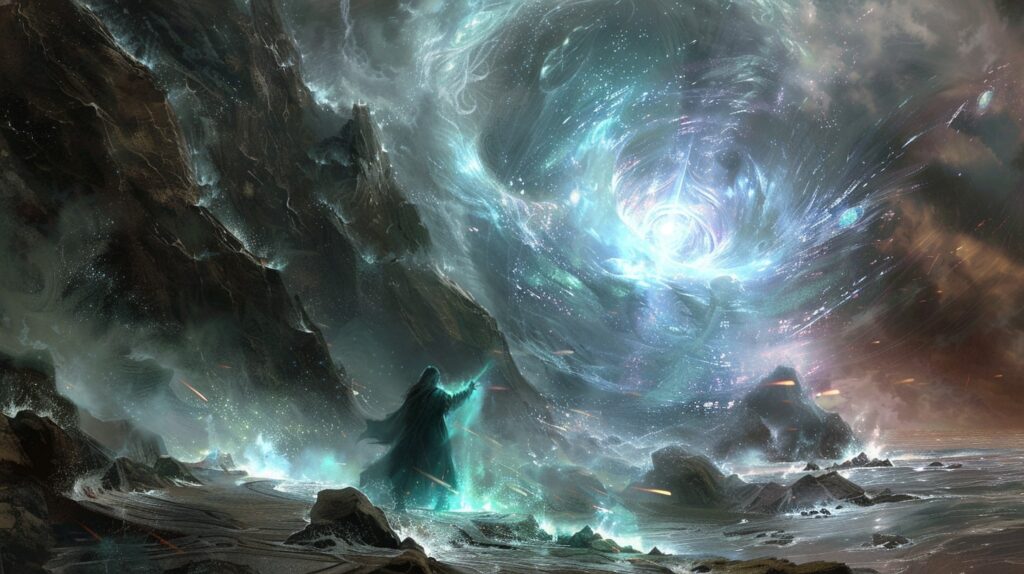
Building Blocks for an Intriguing Arcane Magic System
To construct an intriguing arcane magic system, you need to establish certain building blocks that will shape the foundation of your magical world. These building blocks include defining magic types or schools, creating unique spells and incantations, and incorporating magical artifacts or objects.
Defining Magic Types or Schools
One of the first steps in developing your arcane magic system is defining different types or schools of magic. These classifications can be based on various factors, such as elemental affinities, sources of power, or specific abilities. By categorizing magic into distinct types, you add depth and variety to your world.
For example, you could have elemental magic types like fire, water, earth, and air, each with its own strengths and weaknesses. Alternatively, you might create different schools of magic based on concepts like illusion, divination, necromancy, or enchantment. The possibilities are endless, so let your imagination soar. Check out our article on magic system types for more inspiration.
Creating Unique Spells and Incantations
Once you have established the types or schools of magic in your world, it's time to create unique spells and incantations that reflect the characteristics of each magic type. These spells should be distinctive, with their own names, effects, and requirements.
Consider the elements or themes associated with each magic type. For example, a fire-based spell might involve conjuring flames and generating intense heat, while a water-based spell could focus on manipulation of water and ice. The incantations used to activate these spells can add an extra layer of mystique and flair.
Remember to strike a balance between creativity and consistency. Each spell should align with the rules and limitations of your magic system. For more ideas and examples, check out our article on unique magic systems.
Incorporating Magical Artifacts or Objects
To further enhance your arcane magic system, consider incorporating magical artifacts or objects into your world. These items can serve as sources of power, conduits for spellcasting, or tools for amplifying magical abilities.
Magical artifacts can take various forms, such as enchanted weapons, mystical amulets, ancient tomes, or even living creatures imbued with magic. These objects can play significant roles in your story, driving the plot forward or serving as coveted treasures sought after by characters.
When introducing magical artifacts or objects, ensure they have a purpose and significance within your magic system. They should align with the rules and limitations you have established. For inspiration on incorporating magical artifacts, check out our article on magic system components.
By defining magic types or schools, creating unique spells and incantations, and incorporating magical artifacts or objects, you can construct a captivating arcane magic system that adds depth and wonder to your world. Remember to maintain consistency and internal logic throughout your system, and always consider the broader implications of magic in your story.
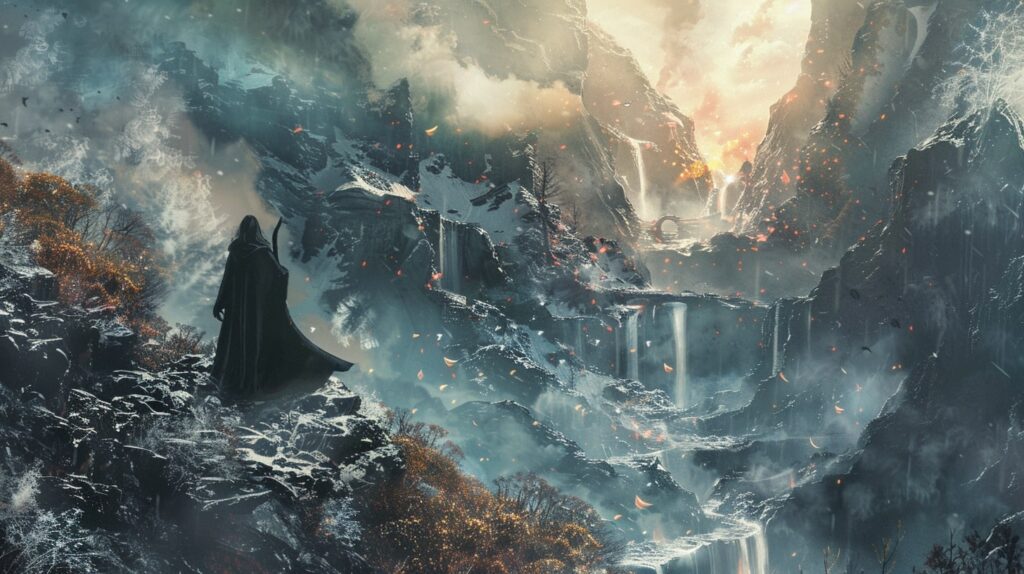
Balancing Power and Consequences
In your quest to construct an intriguing arcane magic system, it is essential to strike a delicate balance between power and consequences. This balance adds depth and complexity to your world and ensures that the use of magic has meaningful implications. Here are three key aspects to consider: power scaling and hierarchy, side effects and drawbacks, and ethical considerations and moral dilemmas.
Power Scaling and Hierarchy
When developing your arcane magic system, it is important to establish a power scaling and hierarchy. This hierarchy can be based on factors such as experience, knowledge, or innate abilities. By defining different levels of magical proficiency, you create a sense of progression and growth for your characters.
Consider incorporating a system where individuals start with limited magical abilities and gradually unlock more potent spells as they advance. This progression not only adds excitement and anticipation but also provides opportunities for character development. For further inspiration, check out our article on magic system hierarchy.
Side Effects and Drawbacks
To ensure that the use of magic is not without consequences, introduce side effects and drawbacks. These can range from physical and mental exhaustion to long-term health risks or societal consequences. By imposing limitations on magic users, you create tension and raise the stakes in your story.
For example, casting powerful spells might drain the magic user's energy, leaving them vulnerable or unable to perform further magic for a certain period. Alternatively, the use of forbidden or dark magic could have severe moral and ethical implications, leading to guilt or societal ostracism. Be sure to explore various possibilities and their effects on characters and the world they inhabit. Discover more about creating limitations in our article on magic system limitations.
Ethical Considerations and Moral Dilemmas
An intriguing arcane magic system often explores ethical considerations and presents characters with moral dilemmas. Magic can be a double-edged sword, capable of both good and harm. By incorporating ethical dilemmas, you challenge your characters to make difficult choices and explore the complexities of their actions.
For example, a character may possess healing magic but face a moral dilemma when asked to choose between saving a loved one or saving many strangers. This conflict between personal desires and the greater good adds depth and realism to your story. Dive deeper into the realm of ethics and dilemmas by referring to our article on magic system ethics.
By carefully balancing power and consequences in your arcane magic system, you create a captivating world where magic is not taken lightly. Power scaling and hierarchy, side effects and drawbacks, and ethical considerations and moral dilemmas all contribute to a rich and immersive experience. Remember to maintain consistency and internal logic within your system to ensure a well-rounded and believable magical world.
Enhancing the Magic System
To create an engaging and immersive arcane magic system, it's crucial to enhance various aspects of your worldbuilding. This section will explore three key areas that can elevate your magic system: magical lore and history, cultural influence on magic, and integration with the world.
Magical Lore and History
Developing a rich magical lore and history can add depth and intrigue to your arcane magic system. Consider delving into the origins of magic in your world, including the ancient civilizations or mythical figures associated with its discovery. Explore how magic has evolved over time, the emergence of different magical traditions, and the pivotal moments that shaped the current state of magic.
By fleshing out the history and mythology surrounding magic, you create a sense of wonder and establish a foundation for your magic system. Your readers will be captivated by the stories and legends that explain the source of magical power and the impact it has had on your world's societies and cultures.
Cultural Influence on Magic
Culture plays a significant role in shaping the practice and beliefs surrounding magic. Cultural influence on magic adds diversity and depth to your magic system. Explore how different cultures interpret and utilize magic, incorporating distinct rituals, symbols, or traditions. Consider how societal norms, values, and taboos impact the use of magic within specific cultures.
By acknowledging cultural diversity, you can create unique and varied magical practices that reflect the beliefs and customs of different societies in your world. This not only adds realism but also provides opportunities for conflict, cooperation, and exploration of cultural dynamics within your narrative.
Integration with the World
For a truly immersive experience, it's essential to seamlessly integrate your arcane magic system with the world you've created. Integration with the world involves considering how magic interacts with various elements of your setting, such as geography, politics, and technology. Think about how magic affects the environment, the economy, or even warfare in your world.
By weaving magic into the fabric of your world, you create a sense of cohesiveness and believability. For example, if your world features elemental magic, explore how different regions or climates may influence the type or availability of elemental magic. Consider how magical creatures or magical artifacts are integrated into society.
Furthermore, the integration of your magic system with the world allows for exploring the consequences of magic and its impact on individuals and communities. This can lead to compelling storylines and opportunities for character development.
By enhancing your arcane magic system through magical lore and history, cultural influence on magic, and integration with the world, you create a more robust and captivating world for your readers to explore. Remember to maintain consistency and internal logic throughout your magic system development process. For inspiration and ideas, check out our article on magic system inspiration and continue to refine and develop your arcane magic system.
Tips for Developing Your Arcane Magic System
Developing an engaging and intricate arcane magic system for your fantasy world requires careful thought and planning. Here are some tips to help you in the process:
Research and Inspiration
Start by conducting thorough research on different types of magic systems, including their mechanics, components, and origins. This will provide you with a solid foundation and inspire new ideas. You can find magic system ideas and examples on Obsidian Tavern to spark your creativity.
Additionally, draw inspiration from various sources such as mythology, folklore, and other fantasy works. This can help you develop unique and interesting aspects for your arcane magic system. Remember to always put your own twist on the concepts to make them truly original.
Consistency and Internal Logic
Ensure that your arcane magic system follows a consistent set of rules and has internal logic. This means that the rules governing the use of magic should be clear and well-defined. Establish the limitations, strengths, and weaknesses of your magic system to maintain balance and avoid inconsistencies.
Consider the relationships between different magic types or schools, and how they interact with each other. This will add depth and complexity to your system, making it more engaging for readers. Explore different types of magic systems and their characteristics to find inspiration for your own.
Testing and Refinement
Once you have established the basic framework for your arcane magic system, test it by applying it to different scenarios within your world. This can be done through writing short stories or creating hypothetical situations. By testing your system, you can identify any inconsistencies or areas that need improvement.
Be open to refinement and iteration. As you delve deeper into your worldbuilding, you may discover new ideas or realize that certain aspects of your magic system need adjustment. Continuously refine and polish your system to ensure that it aligns with the overall narrative and enhances the storytelling experience.
Remember, the development of your arcane magic system is an ongoing process. Be patient and allow your ideas to evolve as you gain a deeper understanding of your world and its magic. With time, effort, and creativity, you can construct a captivating and intriguing arcane magic system that will captivate readers and ignite their imagination.

